With the prime minister in intensive care due to coronavirus, foreign secretary Dominic Raab has been deputised to take his place at the head of government.
But what powers does Boris Johnson’s stand-in have, exactly? And is he effectively prime minister, on a temporary basis?
“There are differences,” said Catherine Haddon, senior fellow at the Institute for Government.
Download the new Independent Premium app
Sharing the full story, not just the headlines
“The prime minister remains the prime minister – he’s the one who kissed the hand of the Queen and unless or until he resigns – or in any other way is removed from or leaves office – he continues to be the prime minister. So in that sense he constitutionally retains that level of authority.”
Key to understanding what powers Raab now has, is understanding what powers the prime minister has in the first place.
Under the UK constitution, executive decisions are actually taken by the cabinet as a collective body, rather than the prime minister. Whether this is actually the case in practice depends on the style of the sitting prime minister on their degree of political authority – whether they can get their way without a mutiny.
“The prime minister’s powers are largely informal; most statutory powers sit with secretary of states [members of the cabinet],” Haddon explains.
“So it’s entirely possible for him to delegate those responsibilities to somebody else … effectively, he’s first among equals and while he’s not there you can have somebody else doing the day to day job that he would be doing.”
Robert Hazell, professor of government and the constitution at UCL’s Constitution Unit, explains that Raab will effectively take over the prime minister’s official functions that require the presence of a physical person.
“Dominic Raab will chair meetings of cabinet and cabinet committees, will sum up the discussion and announce their collective decision, and will represent the government at press briefings – unless he appoints someone else to speak for the government, such as Matt Hancock, if the briefing is primarily about health, for instance,” he says.
But Hazell notes that Raab won’t be doing this alone: he will be supported by the senior civil service, including Sir Mark Sedwill, who “is now very experienced as cabinet secretary” as well as “the whole cabinet office machine, as well as the people in No 10”. The prime minister may be in charge, but parts of government effectively run themselves as it is.
The latest news on Brexit, politics and beyond direct to your inbox
Haddon adds: “It really comes down to different aspects of it: sitting in No 10, getting all the papers that the prime minister would have, chairing the meetings, there’s no reason why another minister can’t take those on.

“In terms of decision making, it is the cabinet as a collective that make decisions, so it is possible for the cabinet to carry on in an absence of the formal post of the prime minister.
“Most of the basis on which he’s able to do this role as a deputy is because it’s been conferred on him by the prime minister, but also with the acquiescence of the rest of cabinet.”
It is this approval of the cabinet – and the question of political authority – that specific decision-making powers come down to.
Thus, Downing Street has said Raab and the cabinet will have “authority and ability to respond” with military action in absence of Johnson. But he will not be able to fire or hire ministers, and is eschewing weekly audiences with the Queen.
A Downing Street spokesperson on Tuesday was keen to refer to the machine around the prime minister, telling reporters that “the UK has a robust national security architecture, including the National Security Council, which is designated to be resilient and able to operate effectively under different circumstances”.
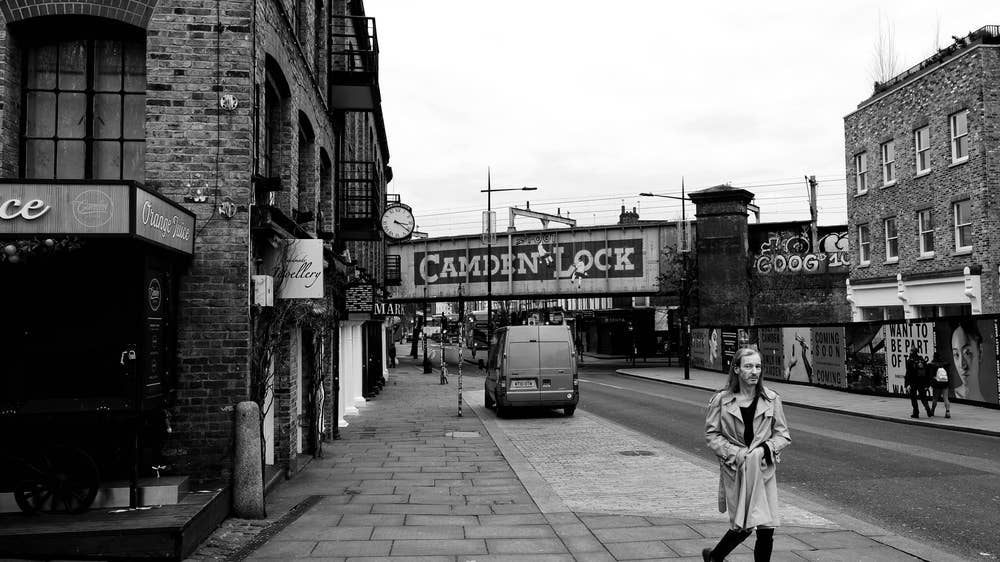
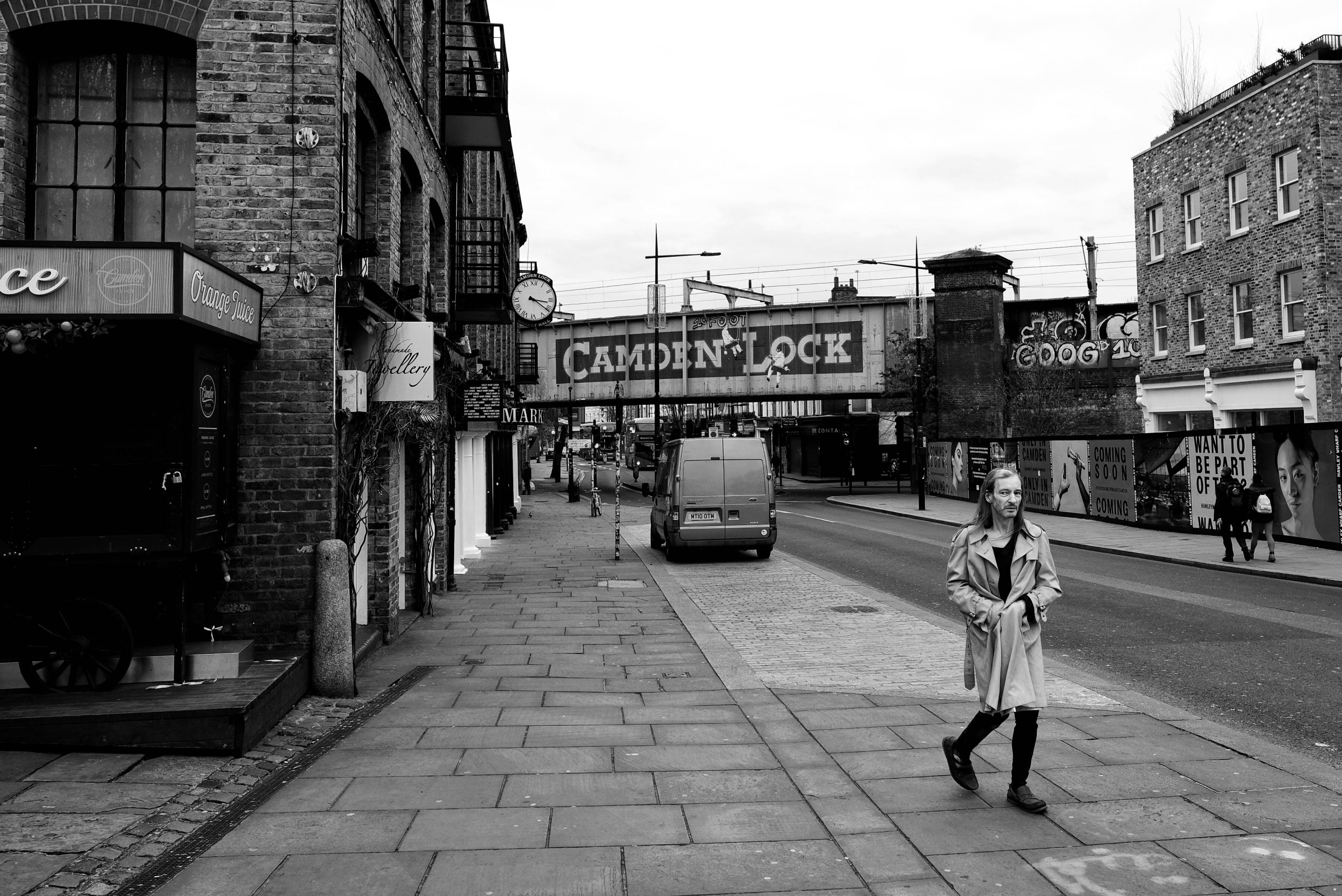
1/29
A man walks down a deserted Camden High Street
Photos Angela Christofilou
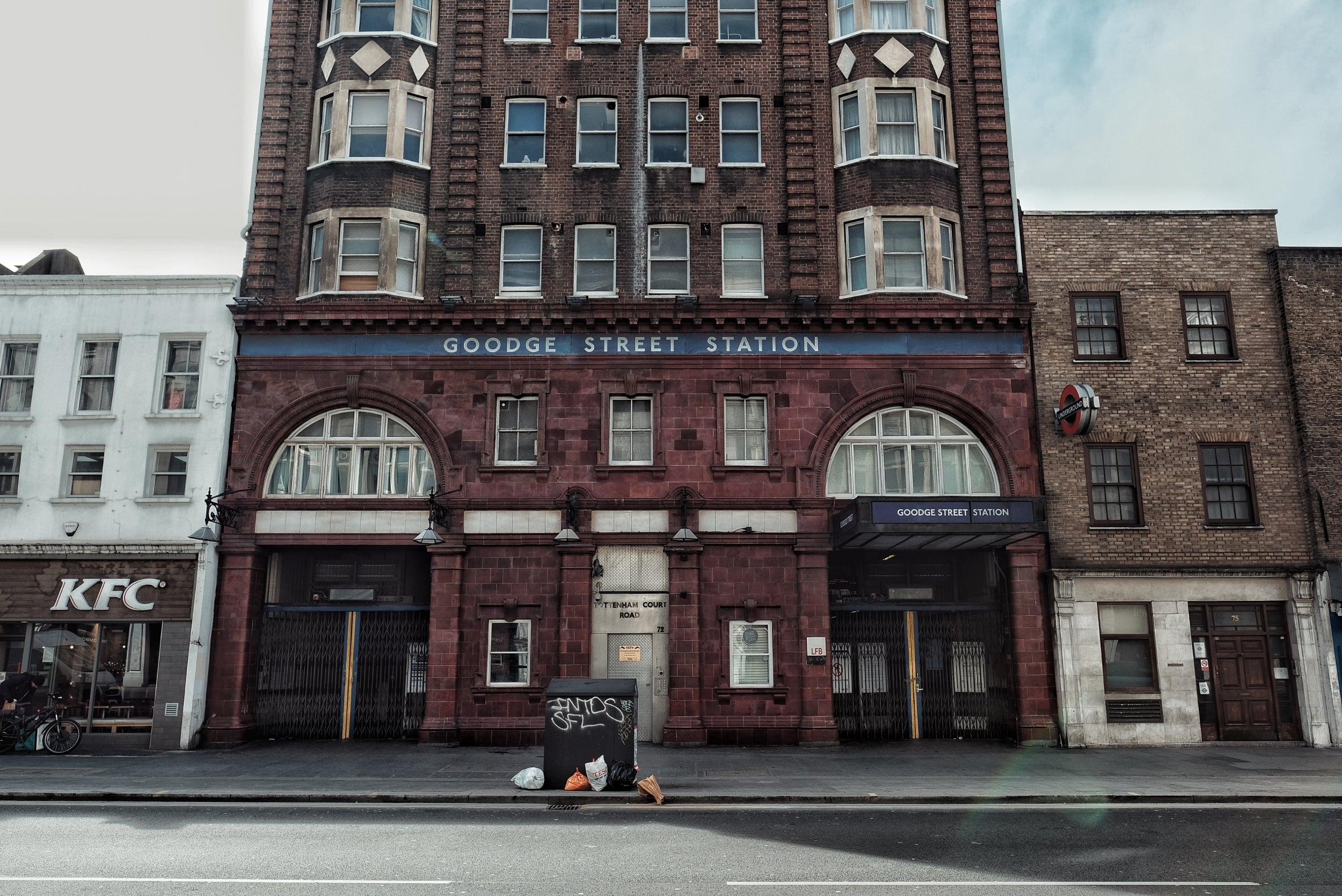
2/29
Goodge Street Station is one of the many stations closed to help reduce the spread
Angela Christofilou
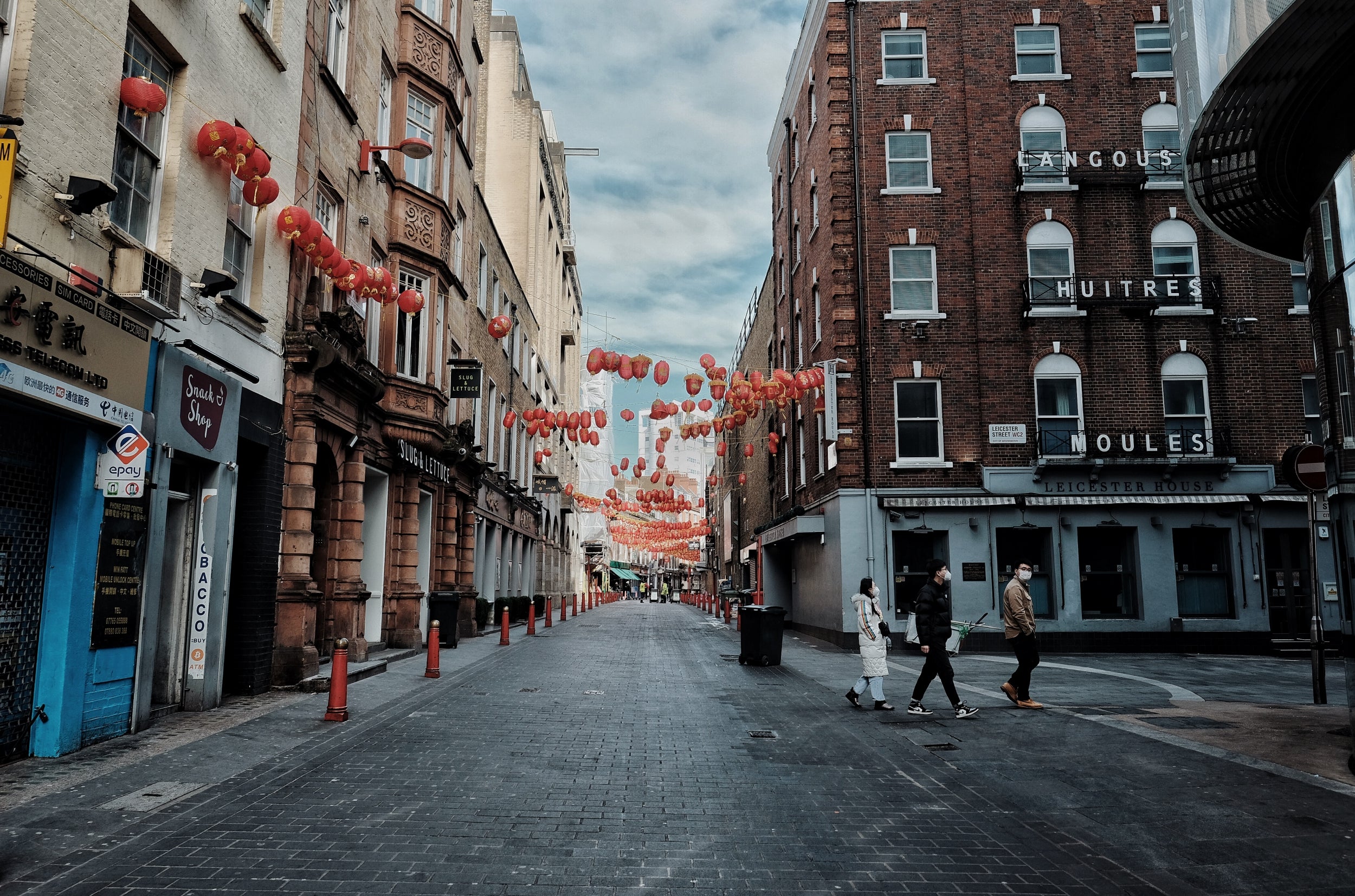
3/29
An empty street in the heart of Chinatown
Angela Christofilou
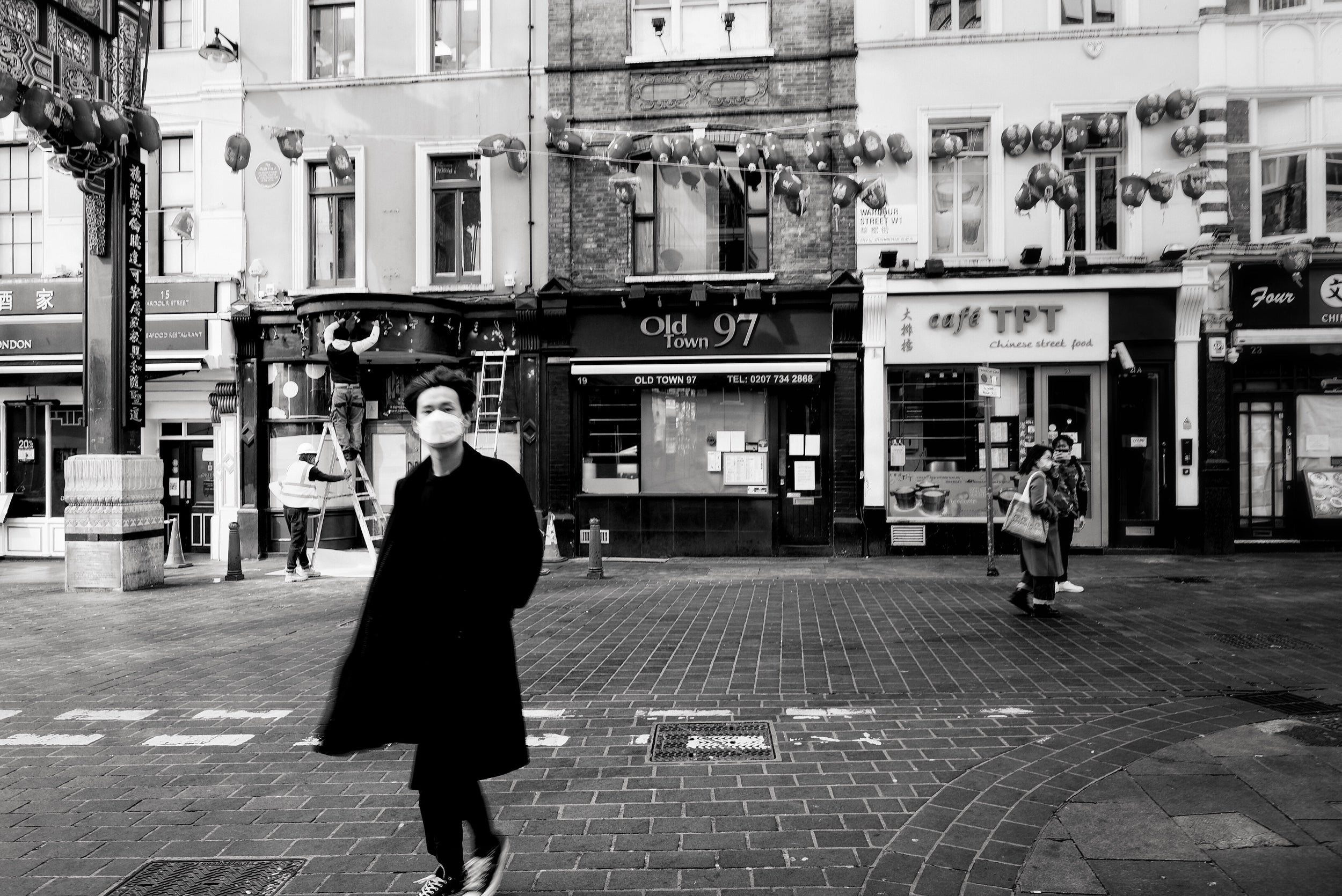
4/29
People in masks in Chinatown a day after the lockdown
Angela Christofilou
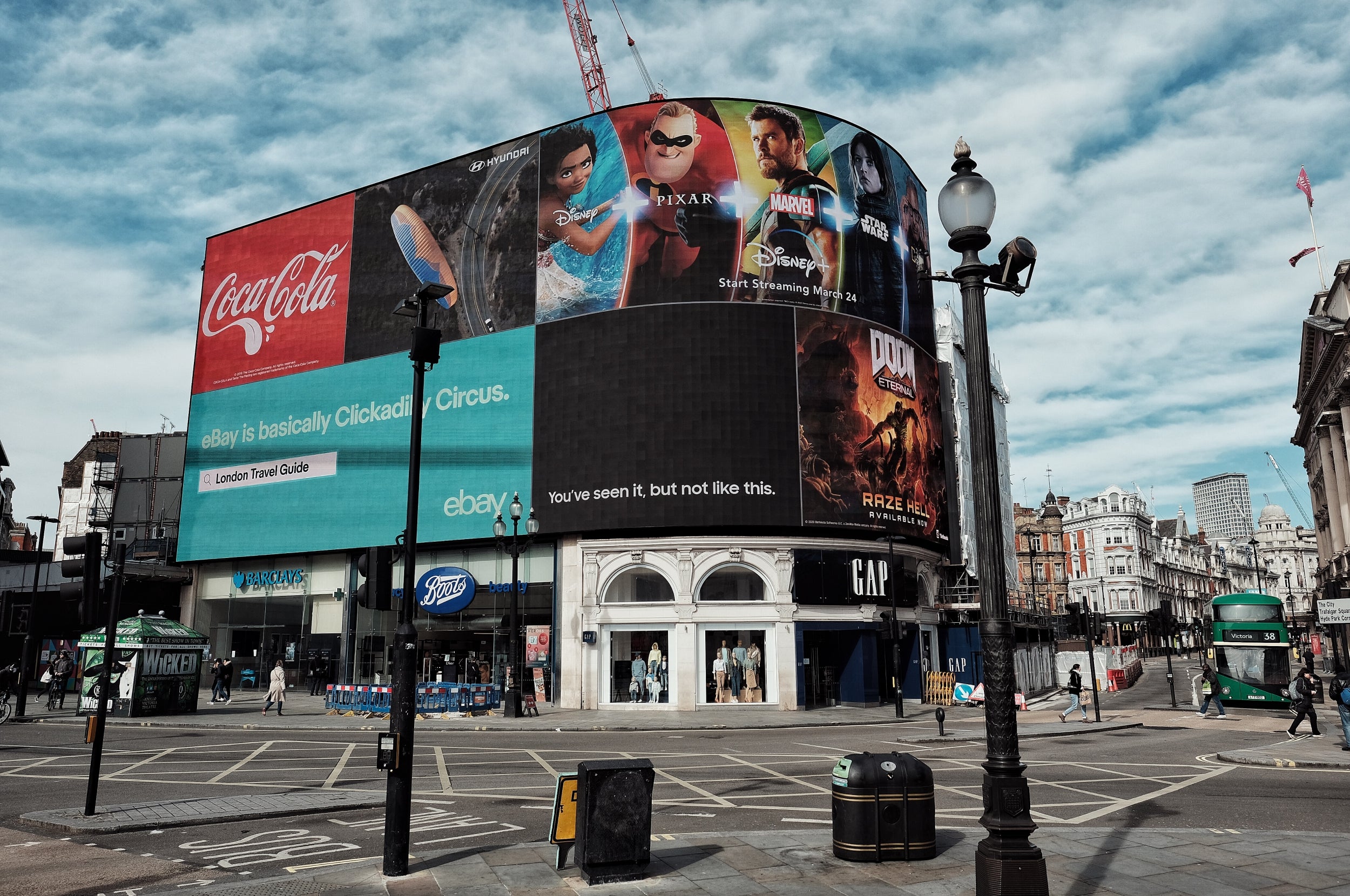
5/29
A near-empty Piccadilly Circus during the first week of lockdown
Angela Christofilou
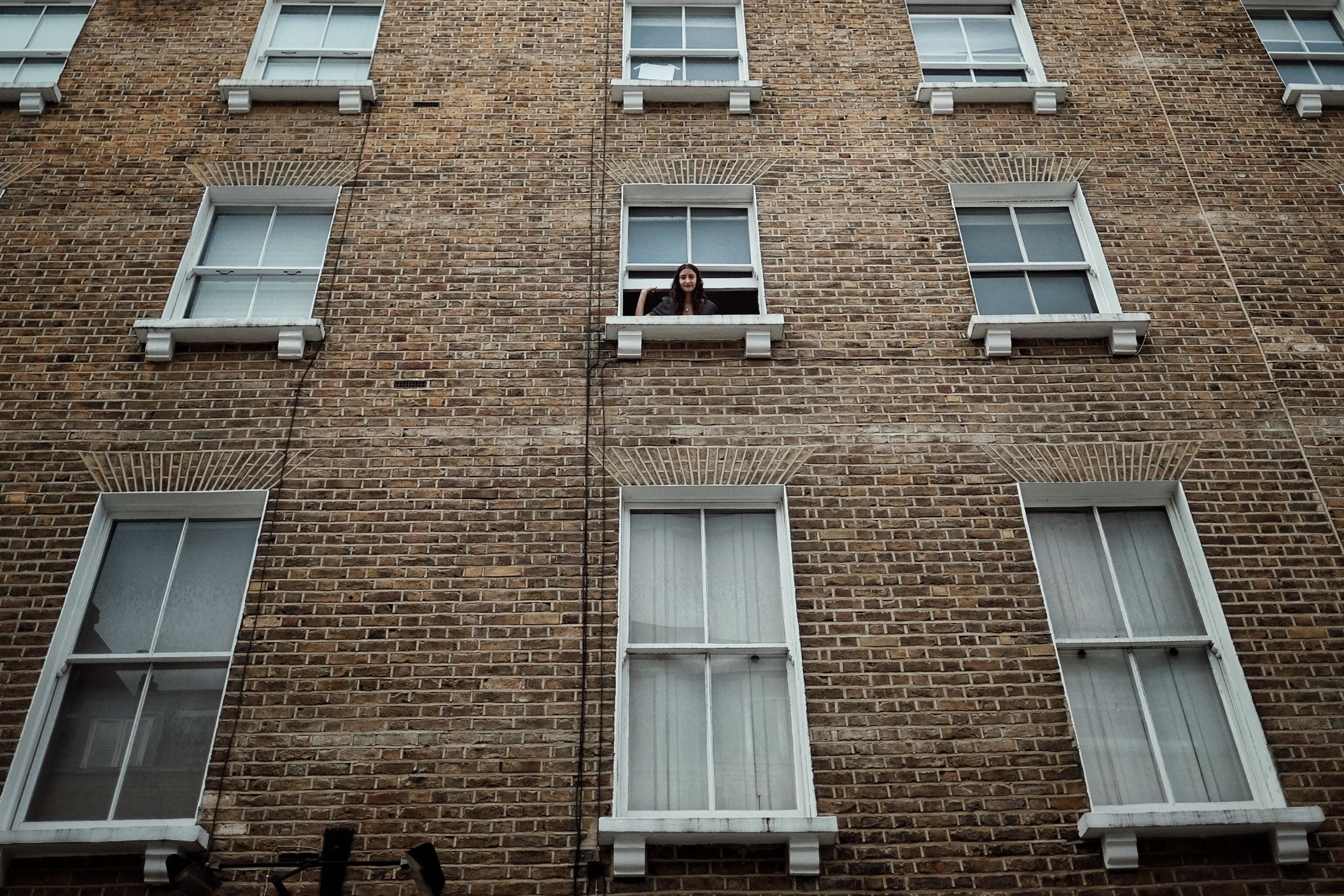
6/29
Sonja, my neighbour, who I photographed while taking a short walk. It was nice to briefly chat even from a distance
Angela Christofilou
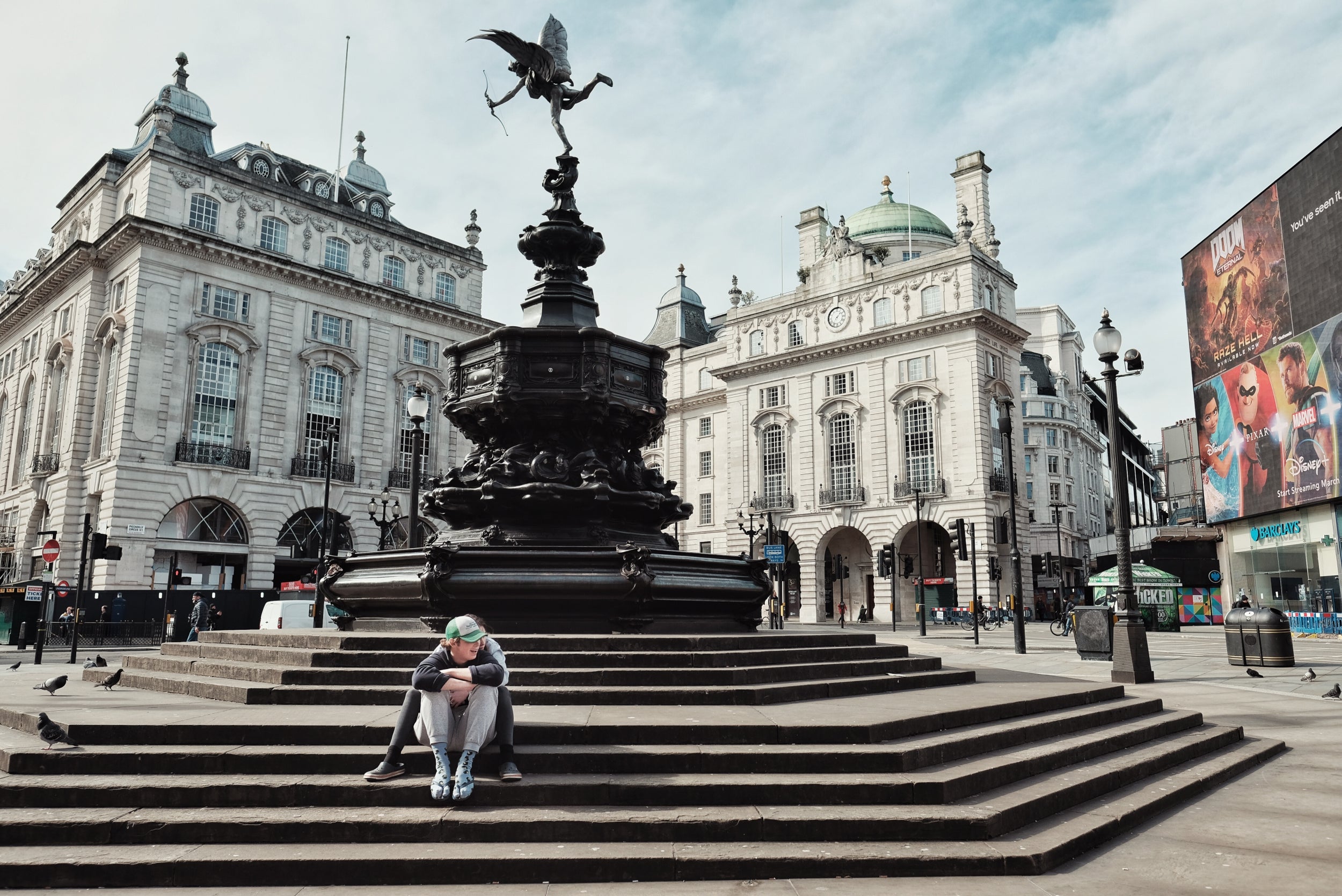
7/29
A couple sit on the empty steps of the statue Eros in Piccadilly Circus
Angela Christofilou
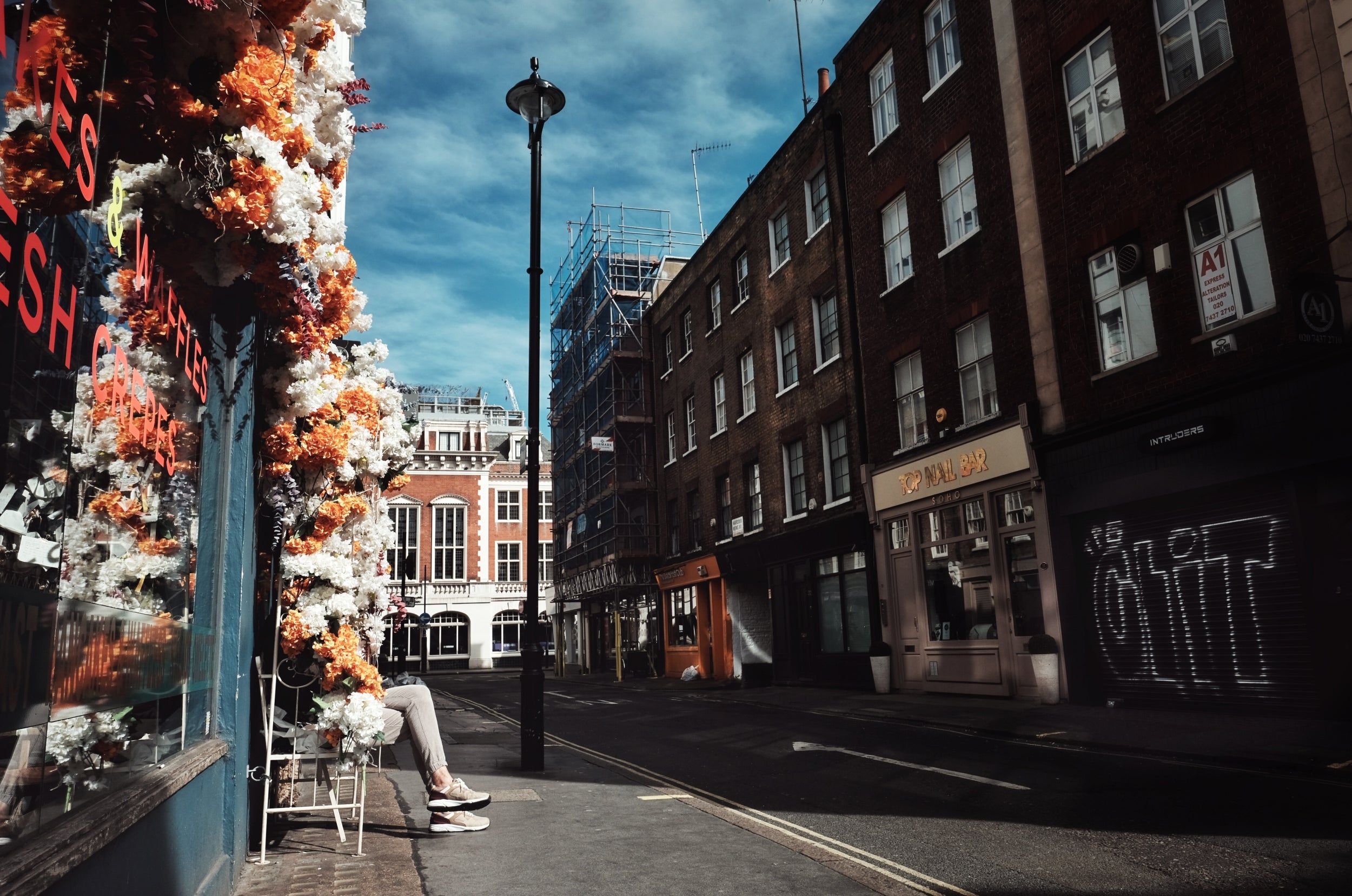
8/29
Making sure I stay two-meters apart – D’Arblay Street, Soho
Angela Christofilou
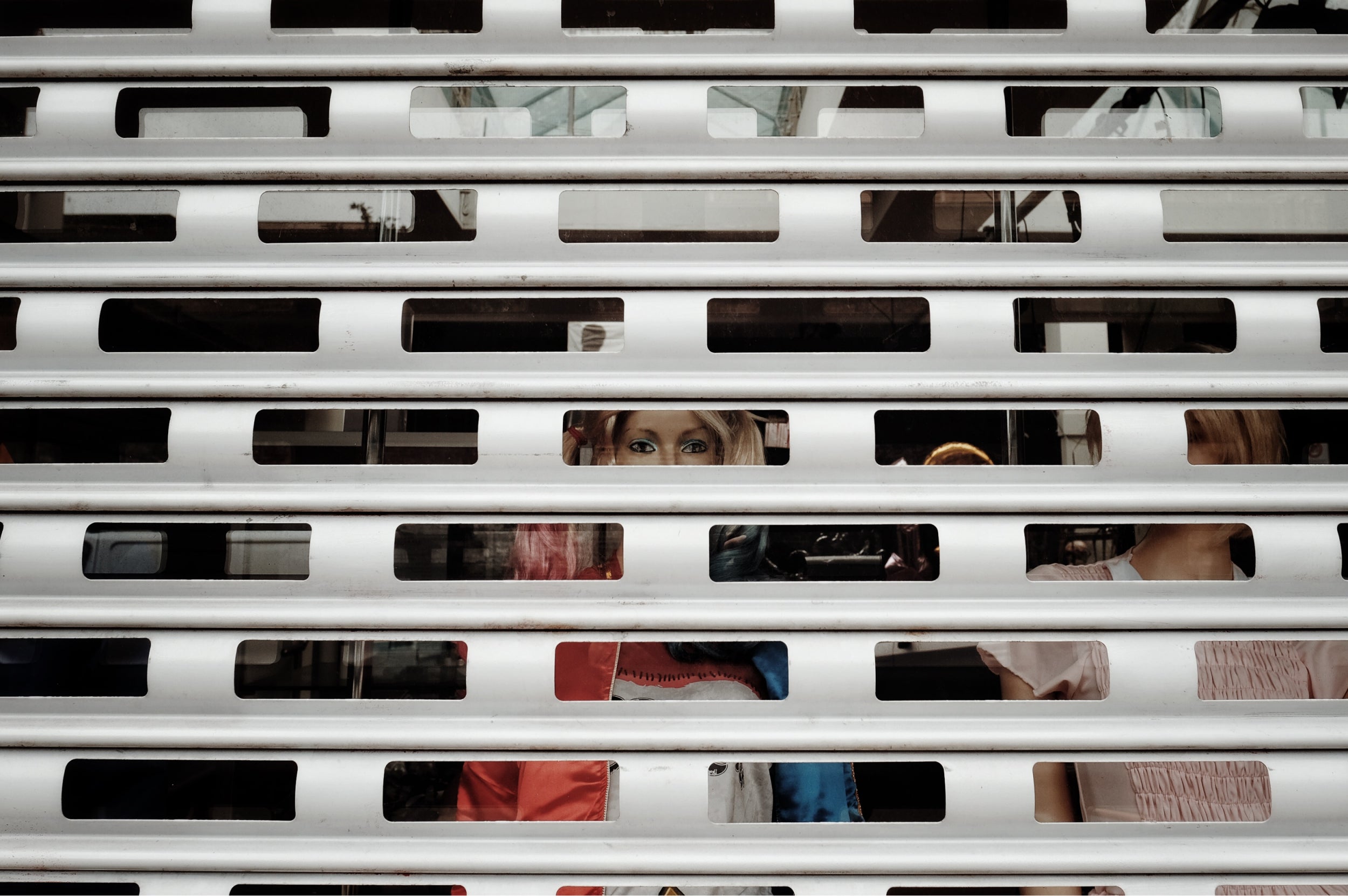
9/29
A mannequin behind a shop window. UK stores have closed until further notice
Angela Christofilou
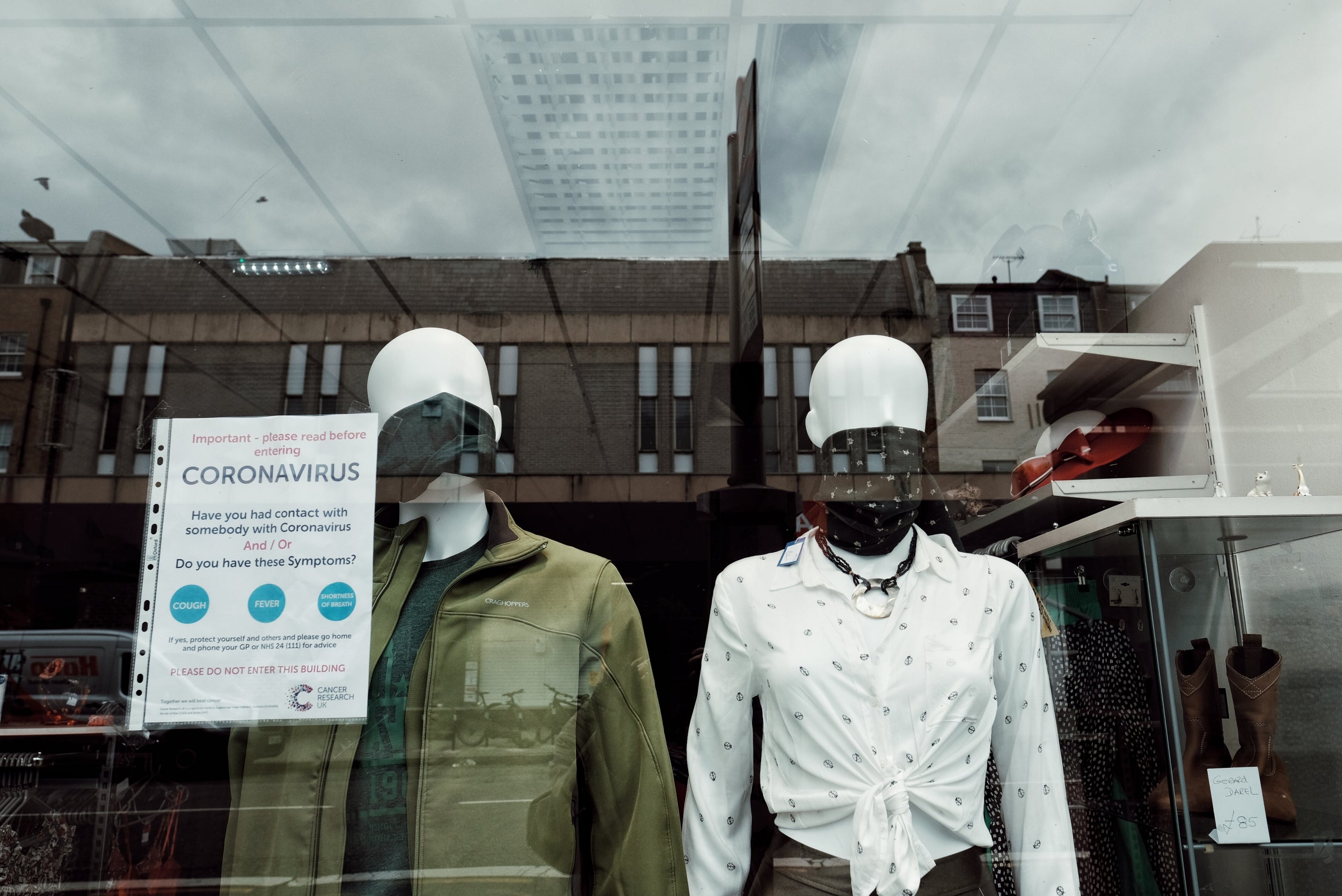
10/29
A notice displayed on a shop window in Camden
Angela Christofilou
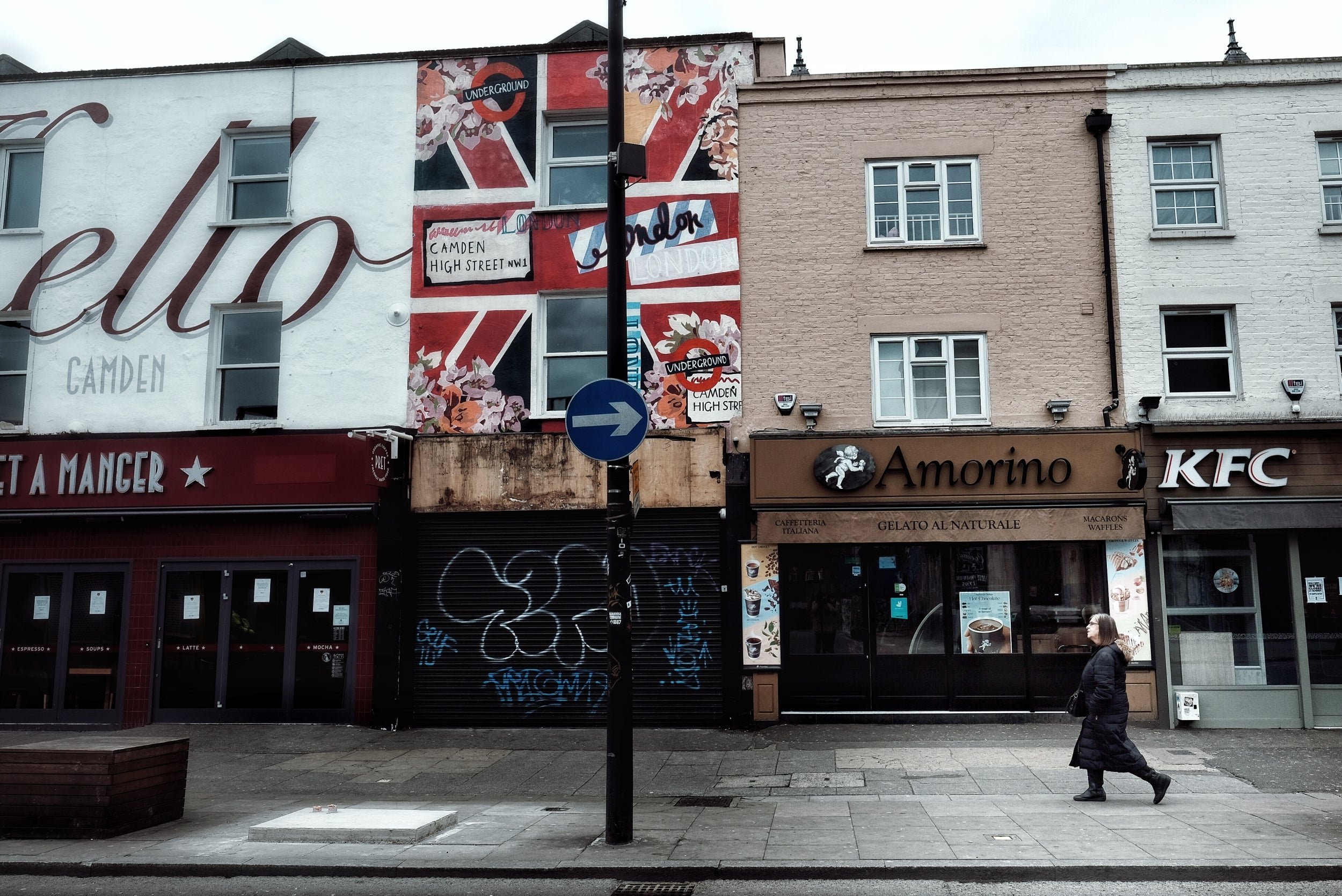
11/29
As part of the lockdown, all non-essential shops have been ordered to close.Image from Camden High Street
Angela Christofilou
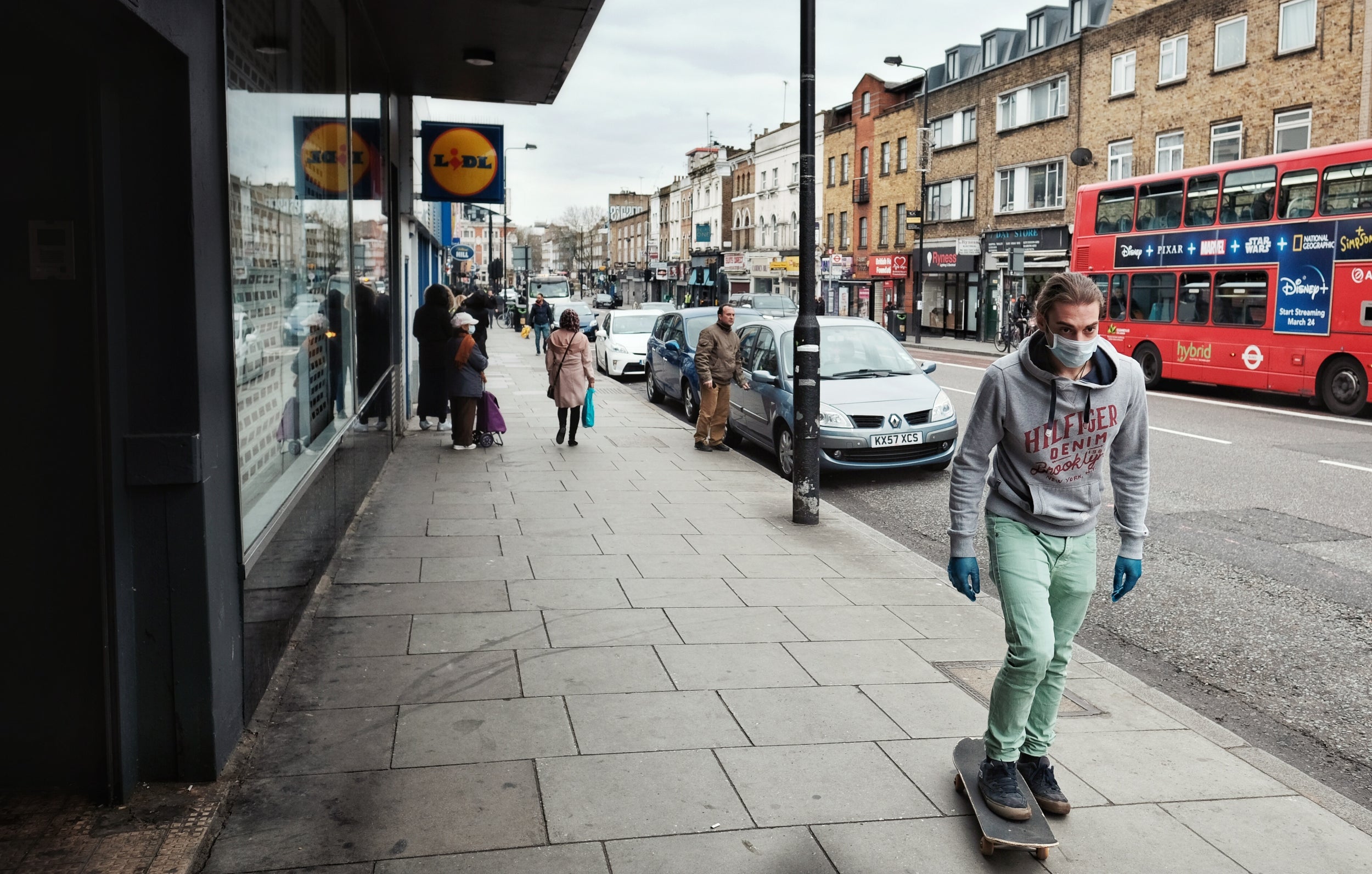
12/29
A skateboarder wearing a mask utilises his exercise allowance in the Camden area
Angela Christofilou
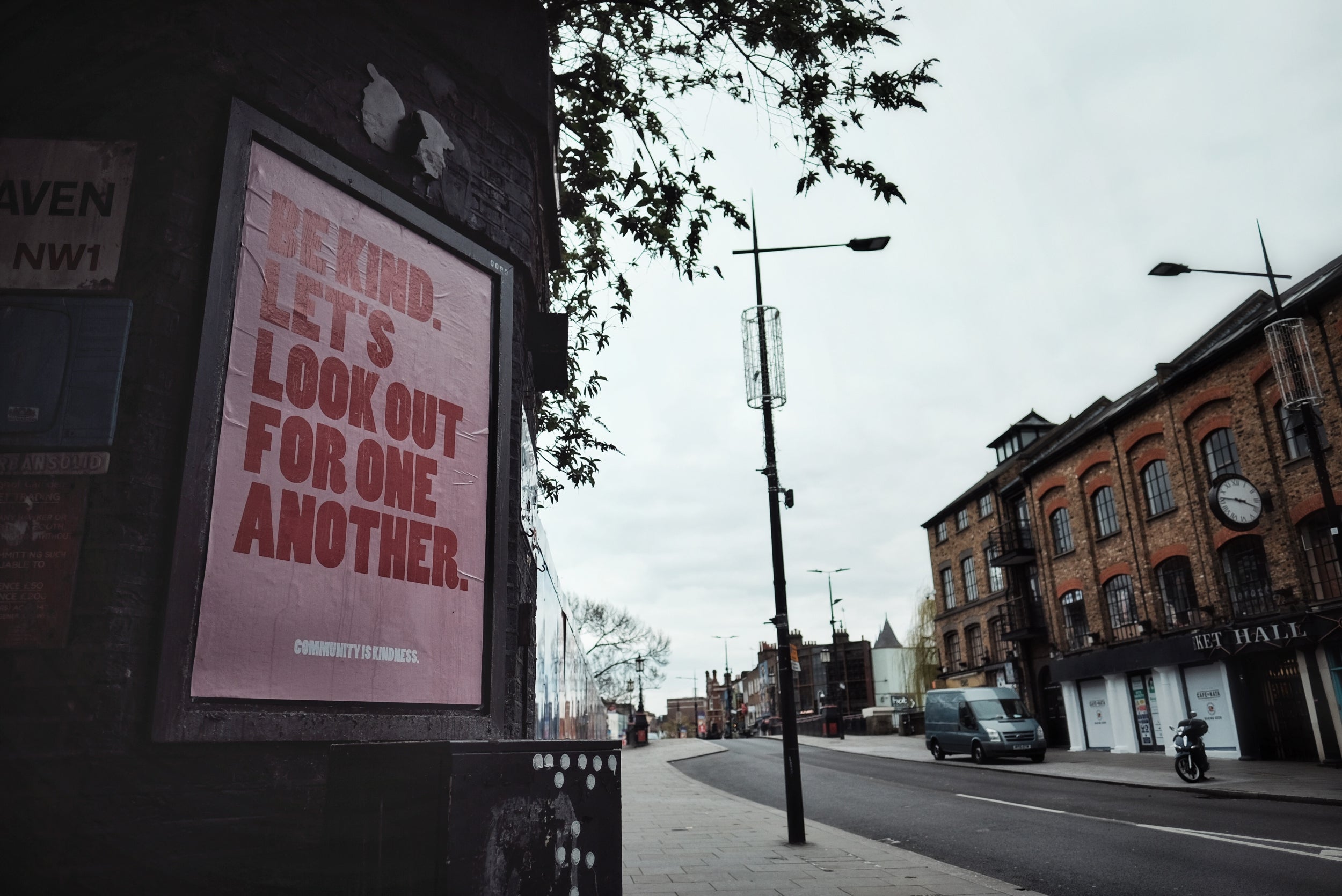
13/29
Communities have been coming together in a time of need
Angela Christofilou
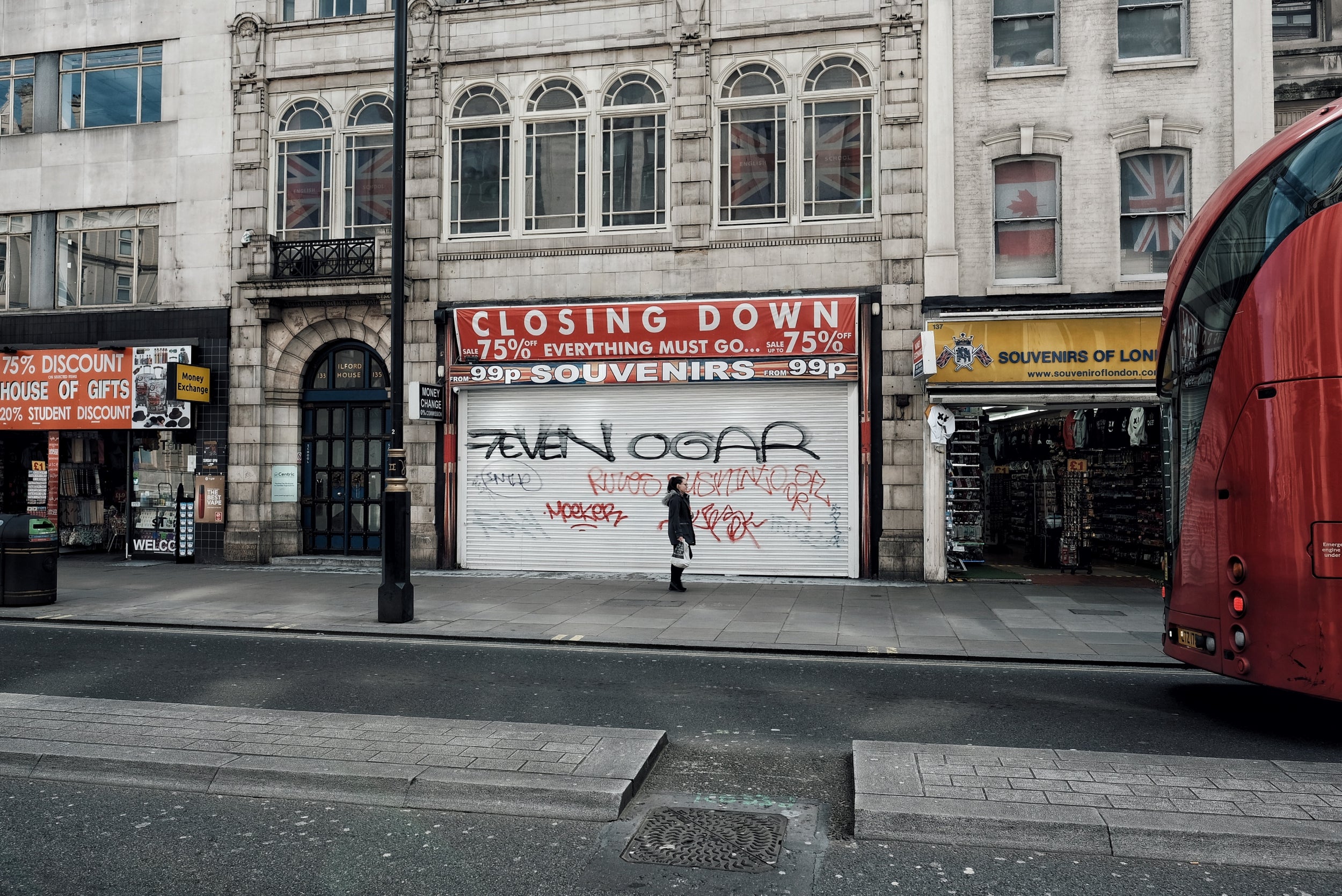
14/29
A woman stands alone in a deserted Oxford Street. Up until a few weeks ago, on average, half a million people visited the street per day
Angela Christofilou
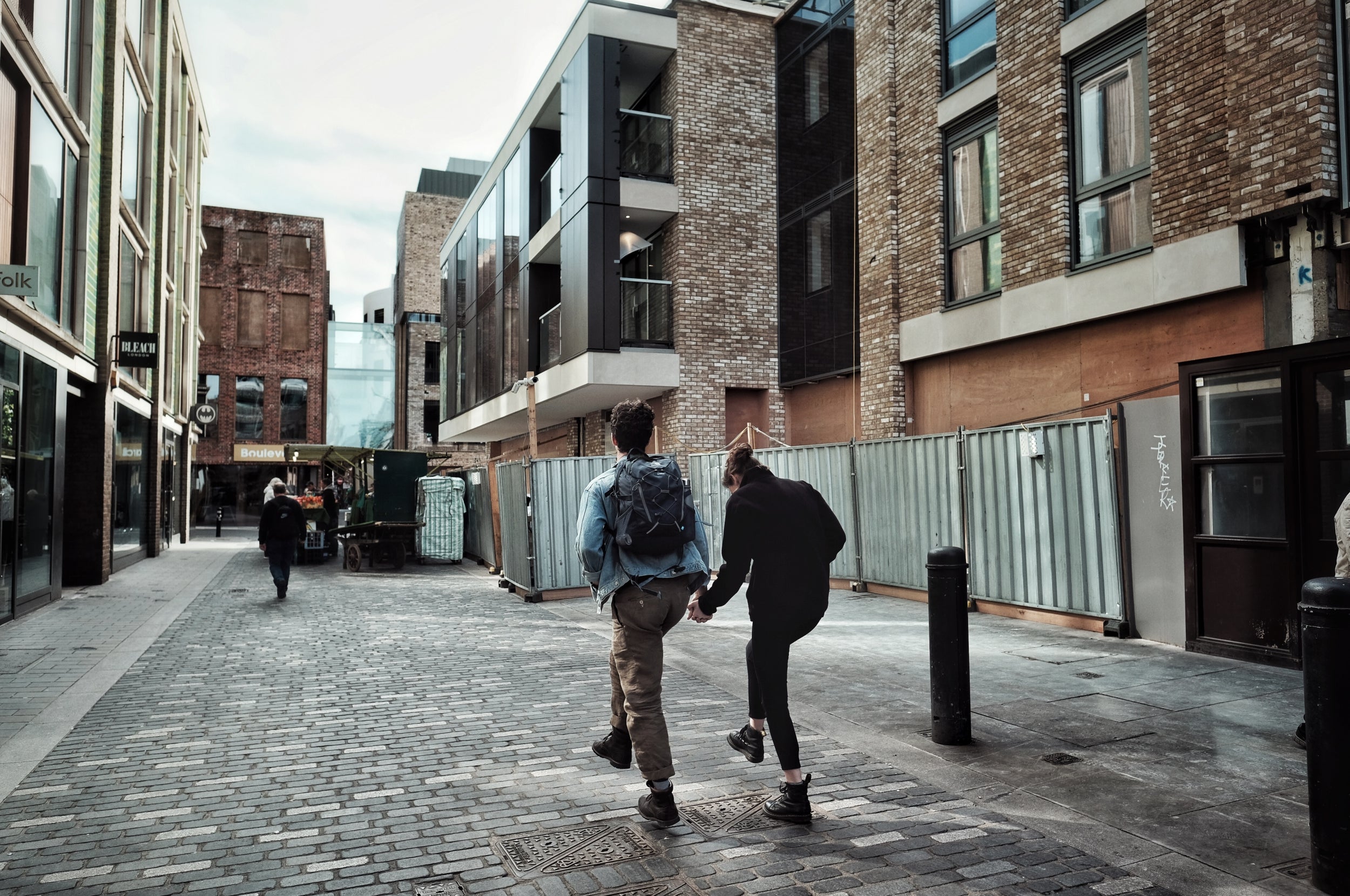
15/29
A couple walk hand in hand down a street in Soho, a day before the stricter lockdown was announced
Angela Christofilou
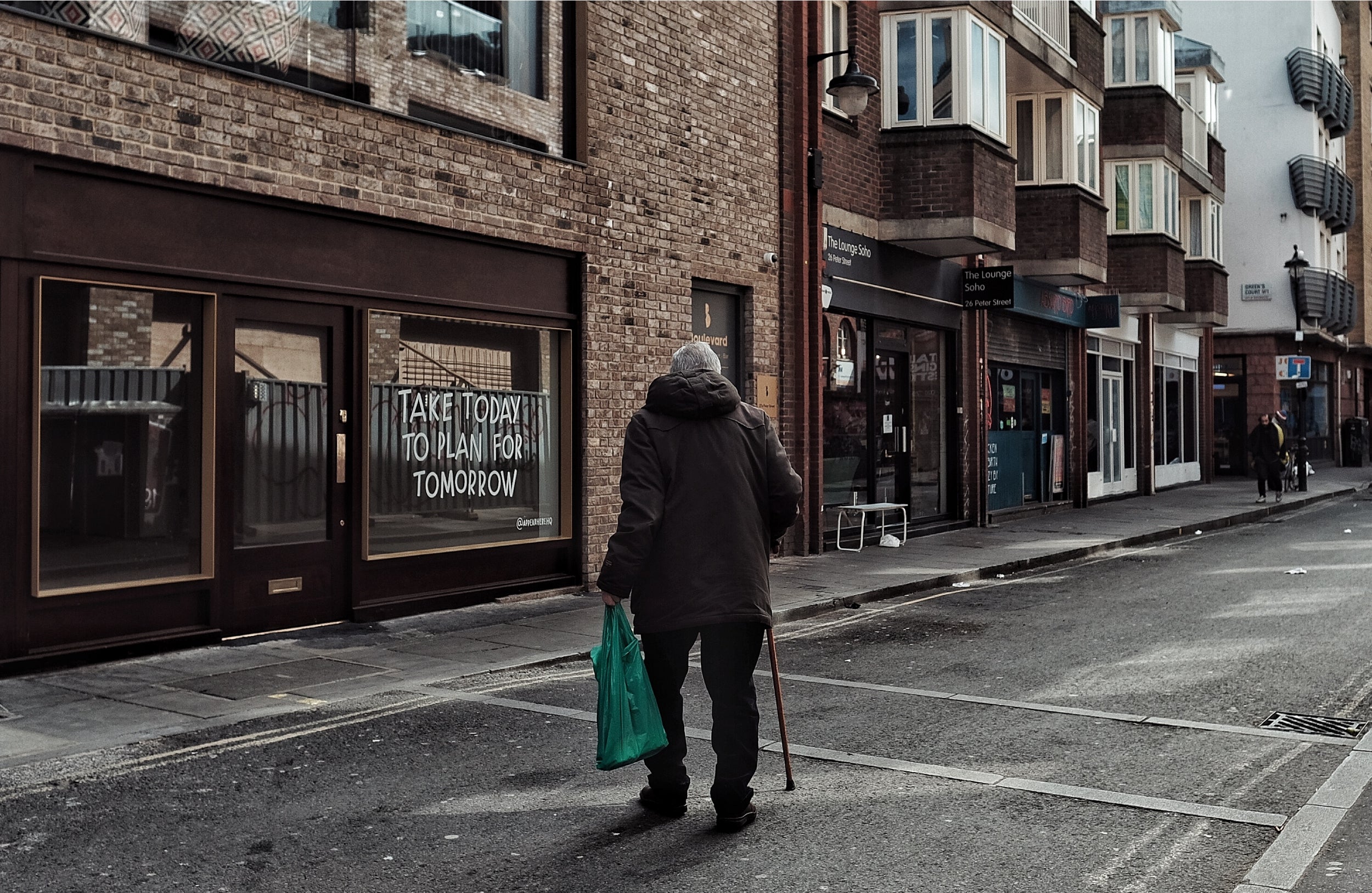
16/29
During the first week of March, shoppers focused on stockpiling necessities ahead of a countrywide lockdown
Angela Christofilou
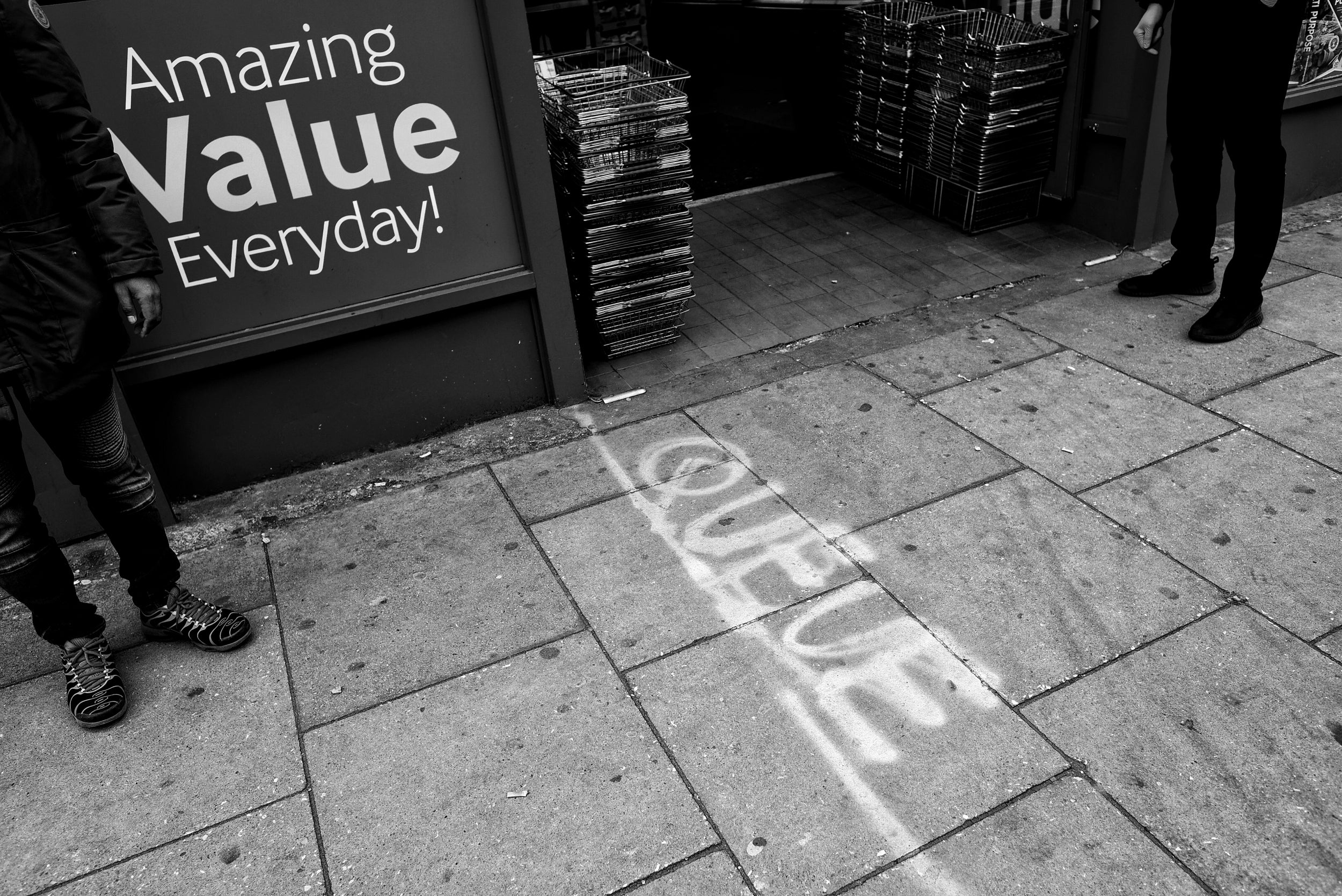
17/29
Many supermarkers are operating a queuing system to make sure only a limited amount of customers are allowed in at anyone time
Angela Christofilou
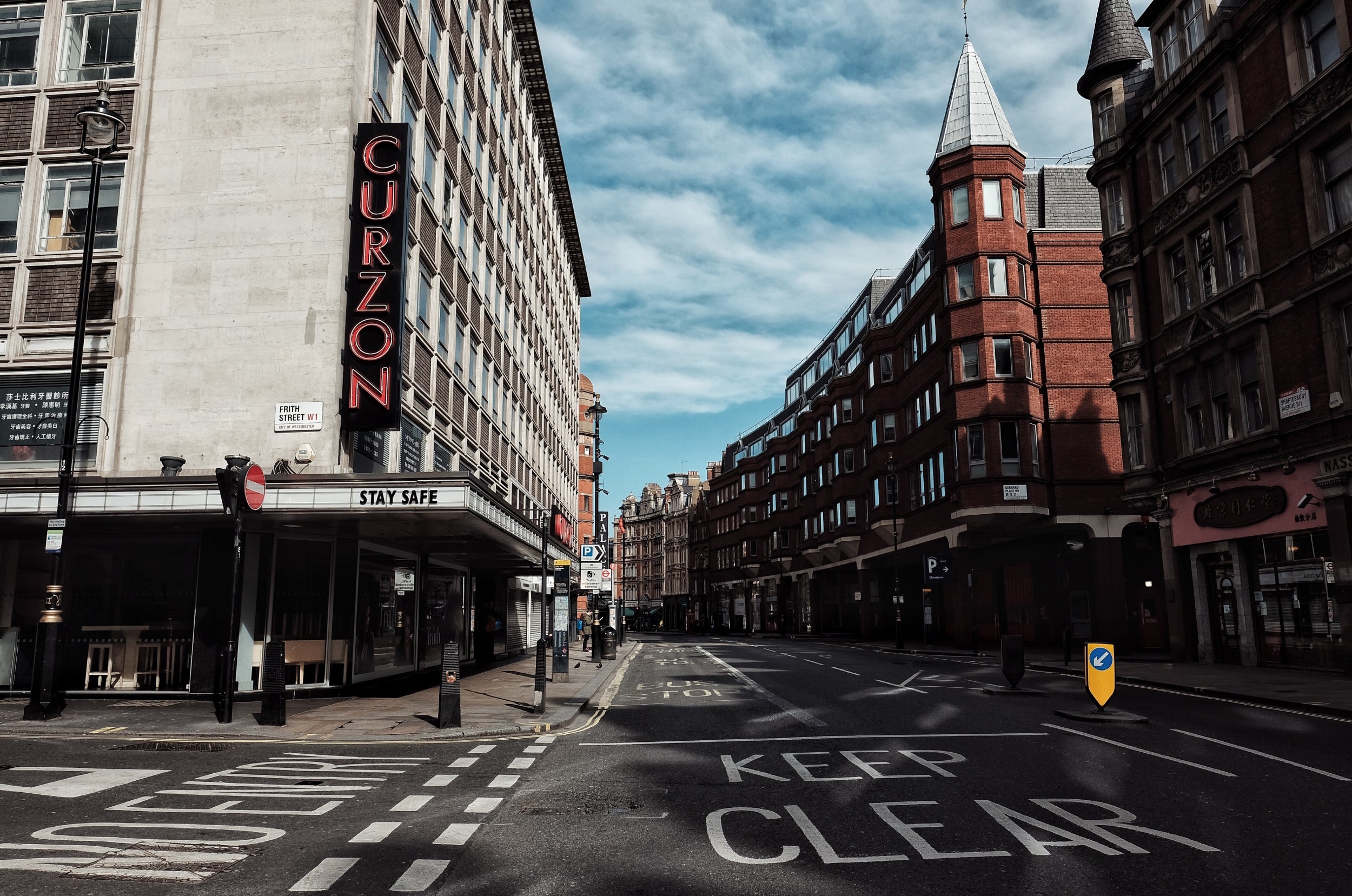
18/29
‘Stay Safe’ – Curzon cinemas are temporarily closed under the new measures
Angela Christofilou
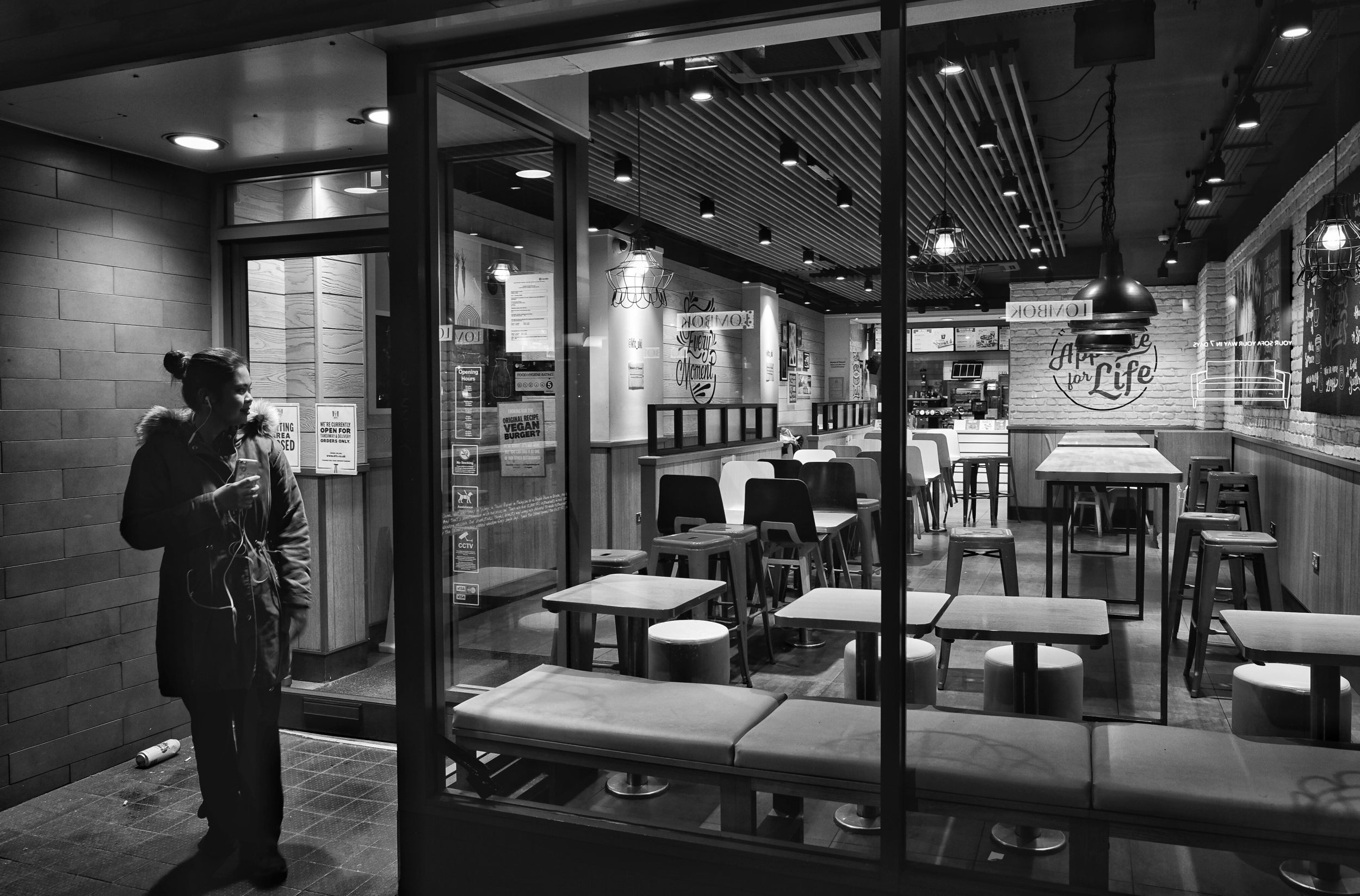
19/29
Pubs, restaurants and bars were ordered to shut as part of the lockdown
Angela Christofilou
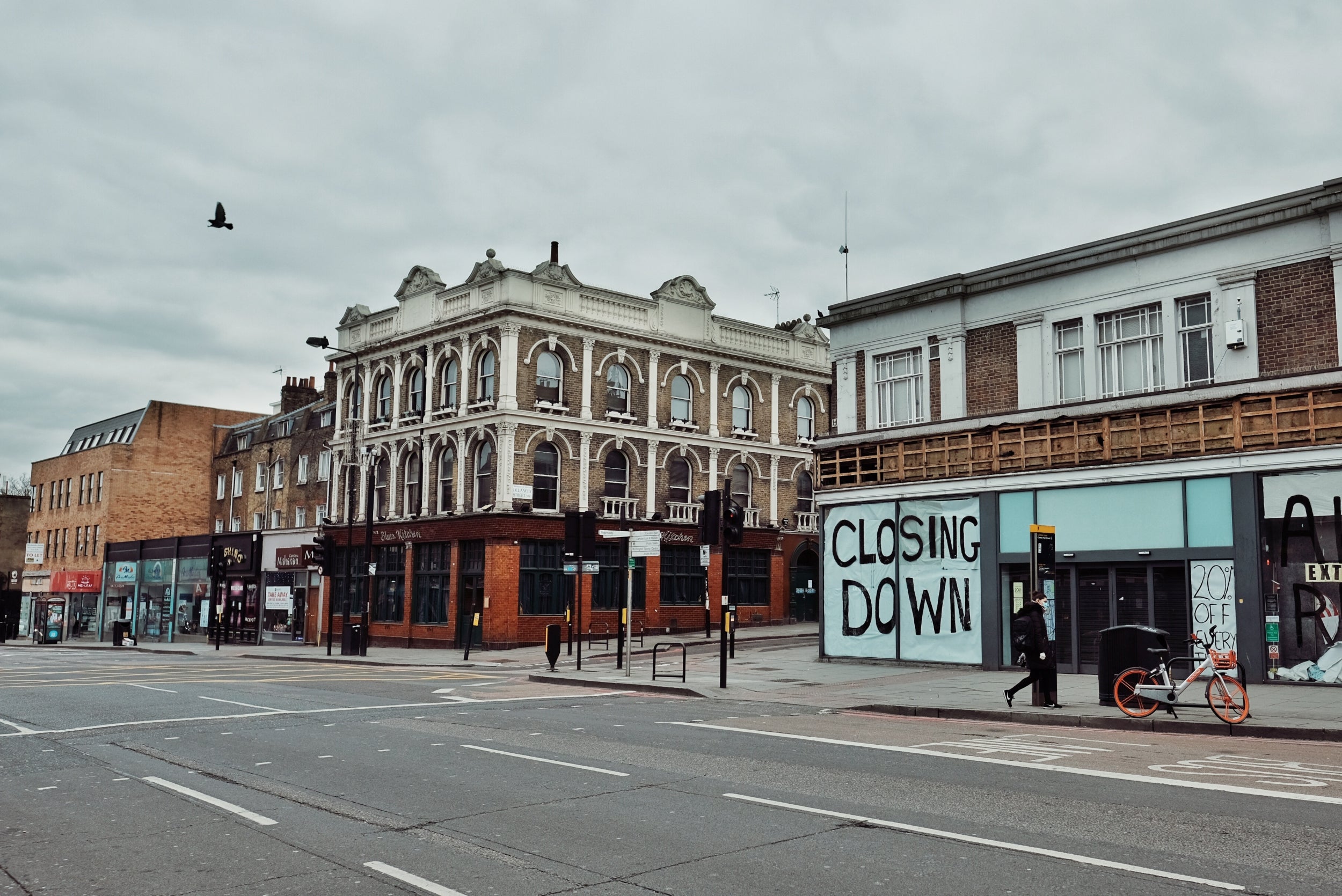
20/29 Camden High Street
There are fears that coronavirus could lead to permanent closure of struggling shops
Angela Christofilou
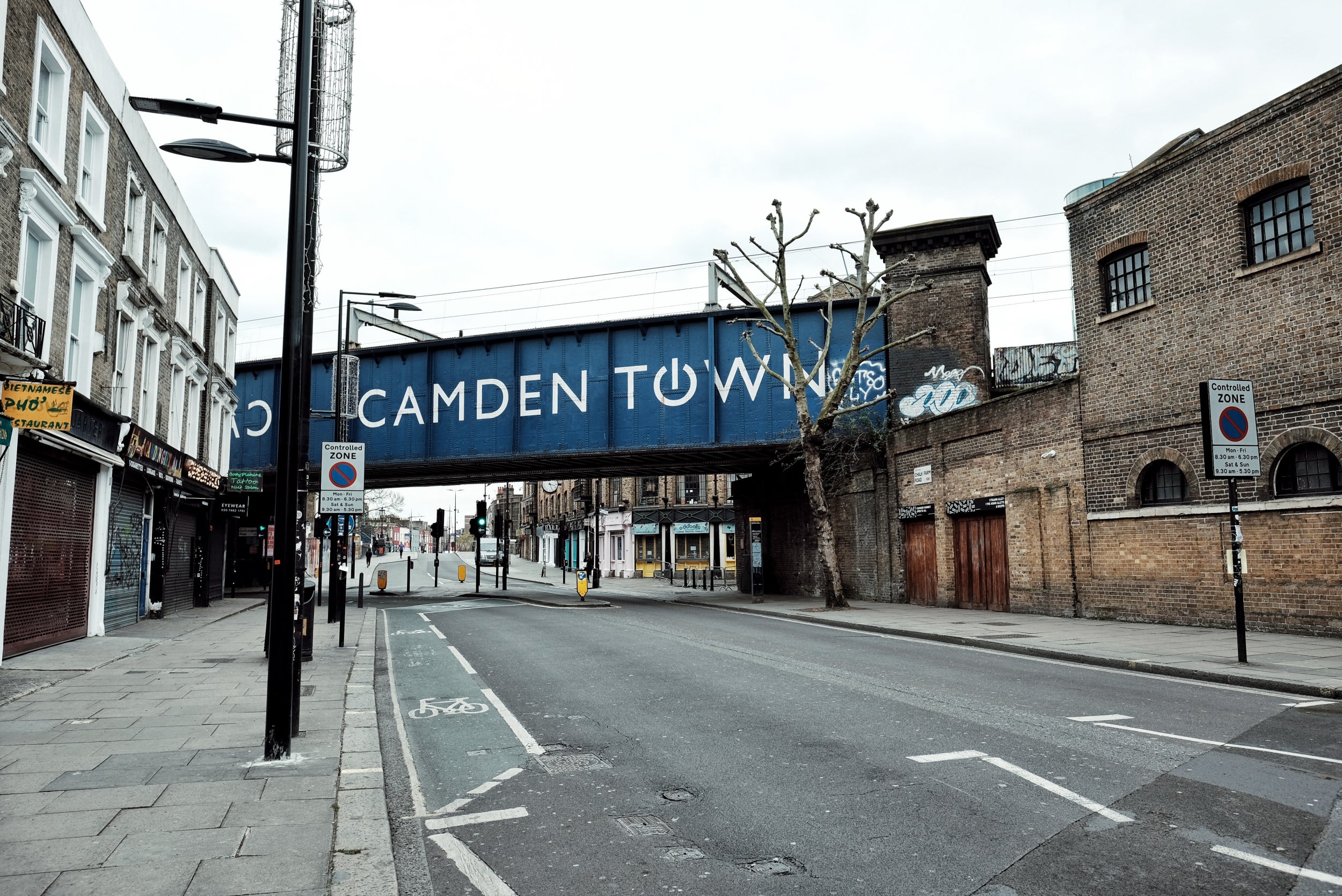
21/29
Camden Town is eerily silent on a normal working day
Angela Christofilou
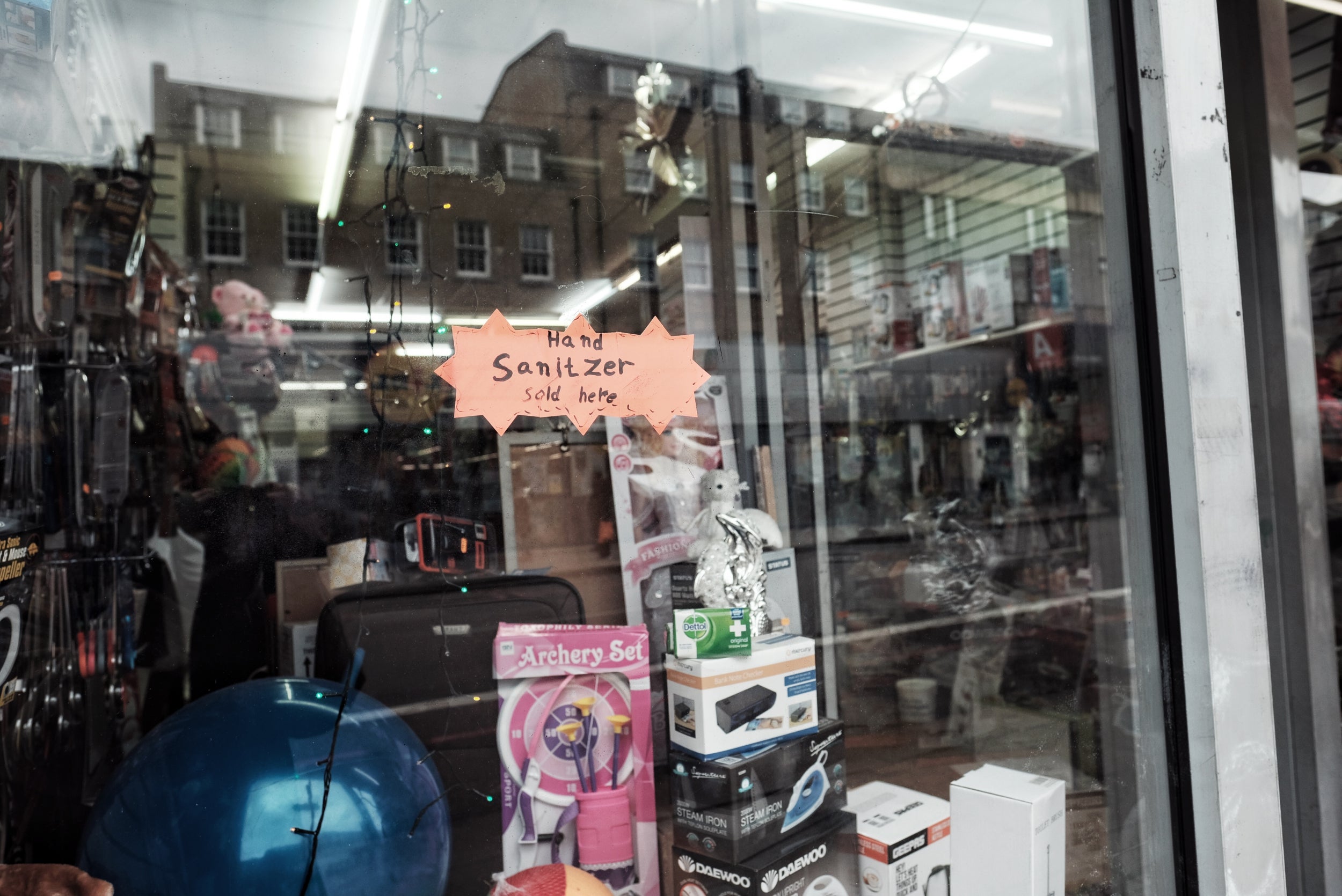
22/29
Shops and supermarkets ran out of hand sanitisers in the first week of the lockdown. As we approach the end of the second week most shops now have started to stock up
Angela Christofilou
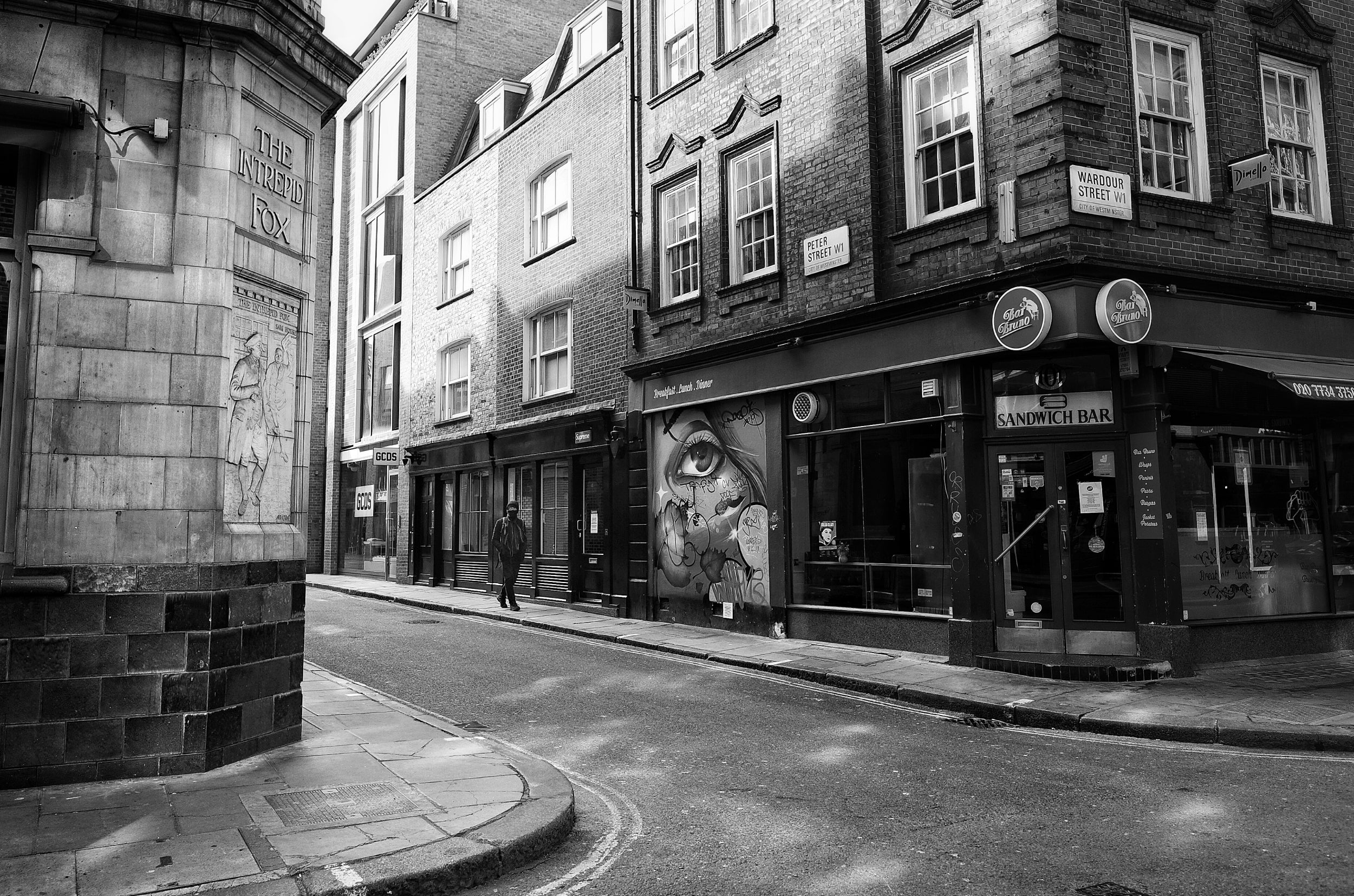
23/29
Empty streets around Soho
Angela Christofilou
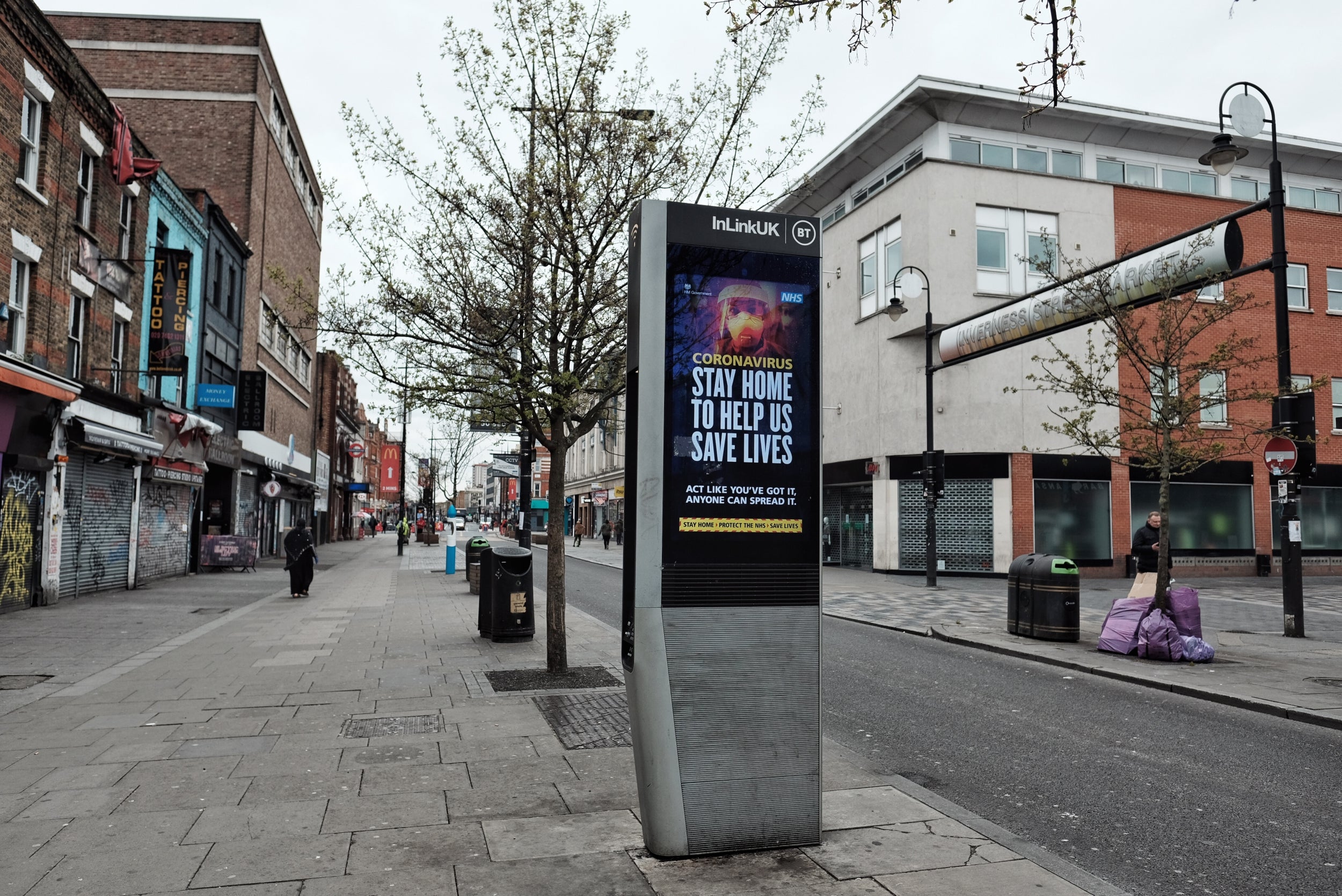
24/29
A noticeboard on Camden High Street urges the public to stay at home
Angela Christofilou
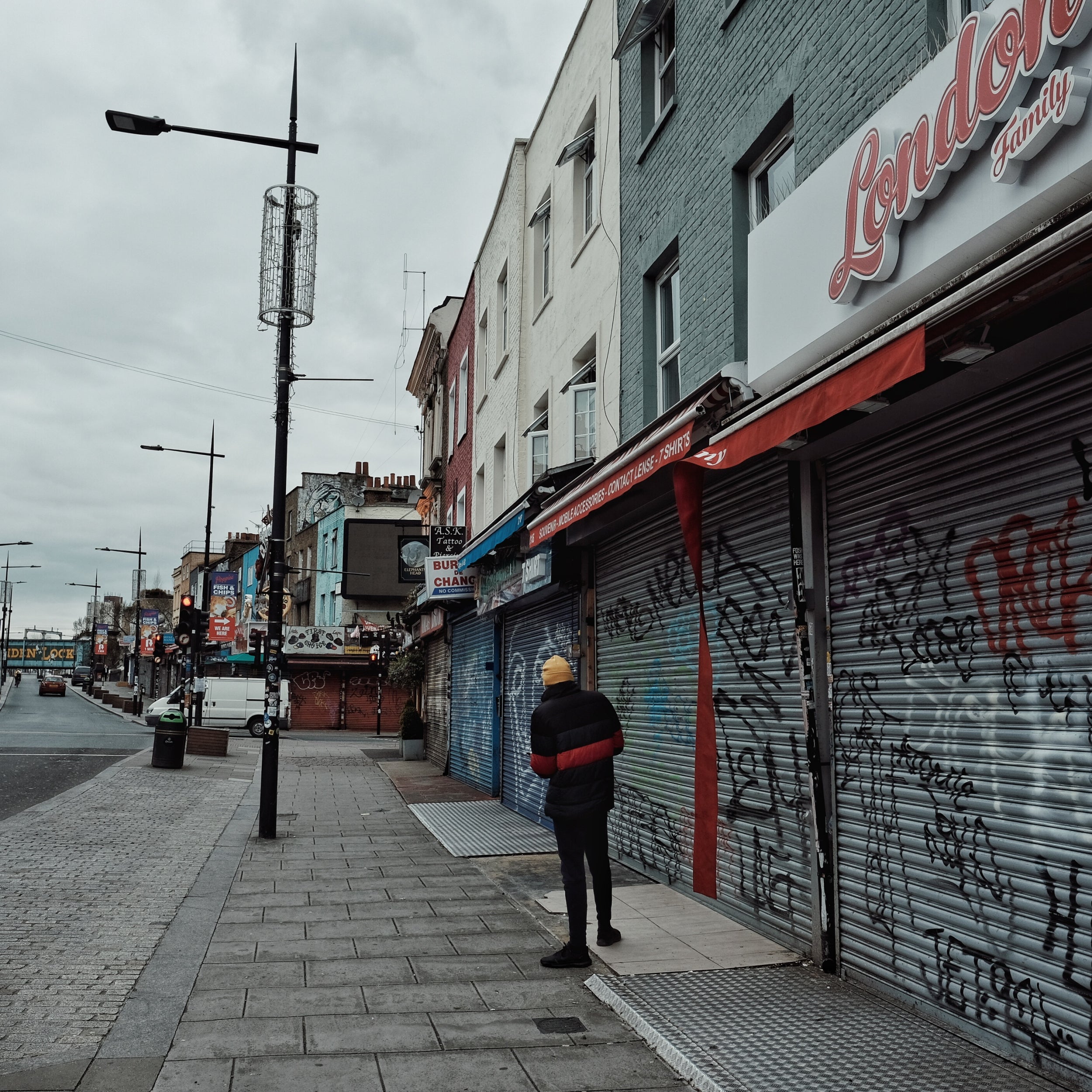
25/29
Camden High Street, one of London’s busiest tourist streets turns quiet
Angela Christofilou
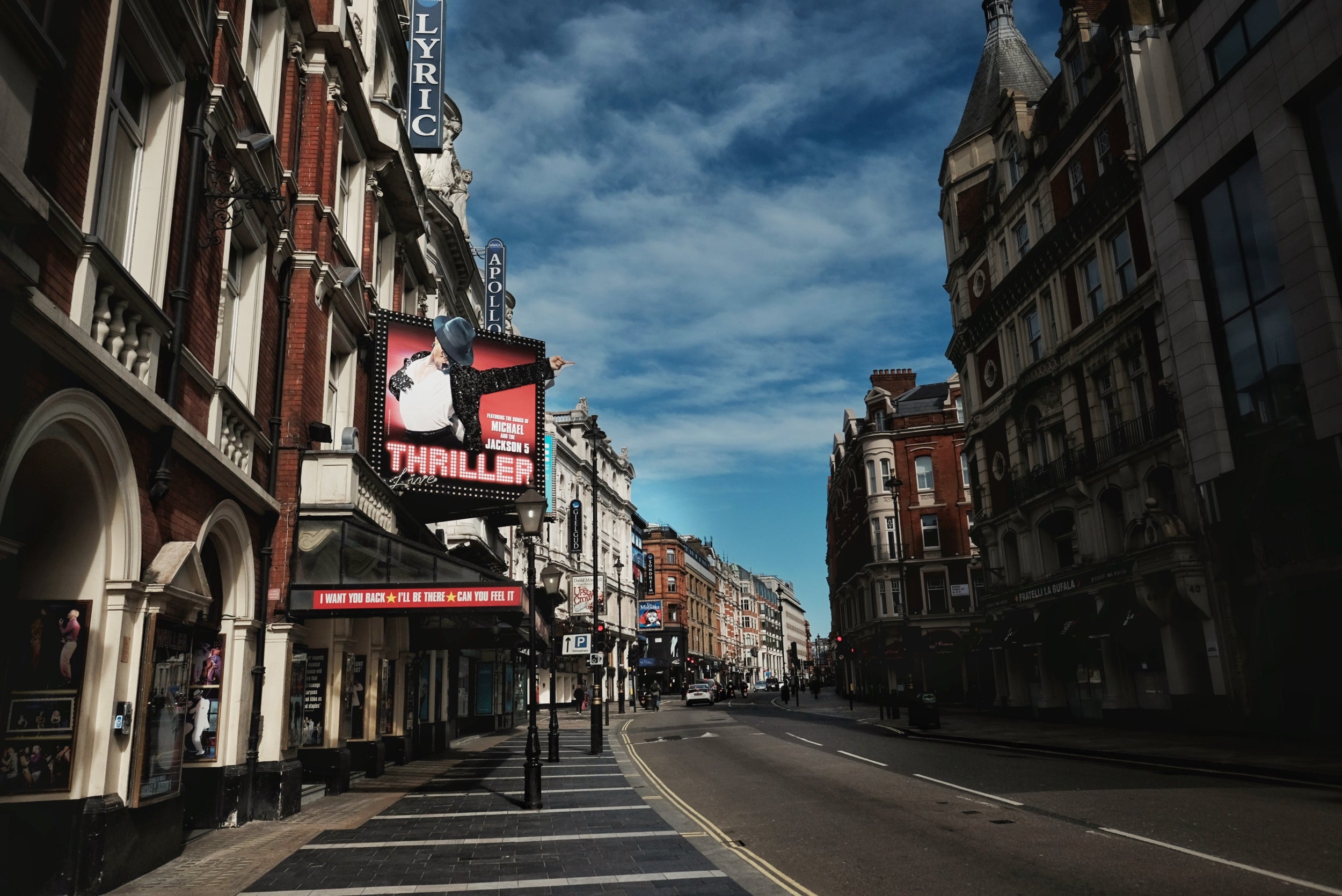
26/29
Thriller Live confirmed its West End run ended in the wake of the coronavirus outbreak
Angela Christofilou
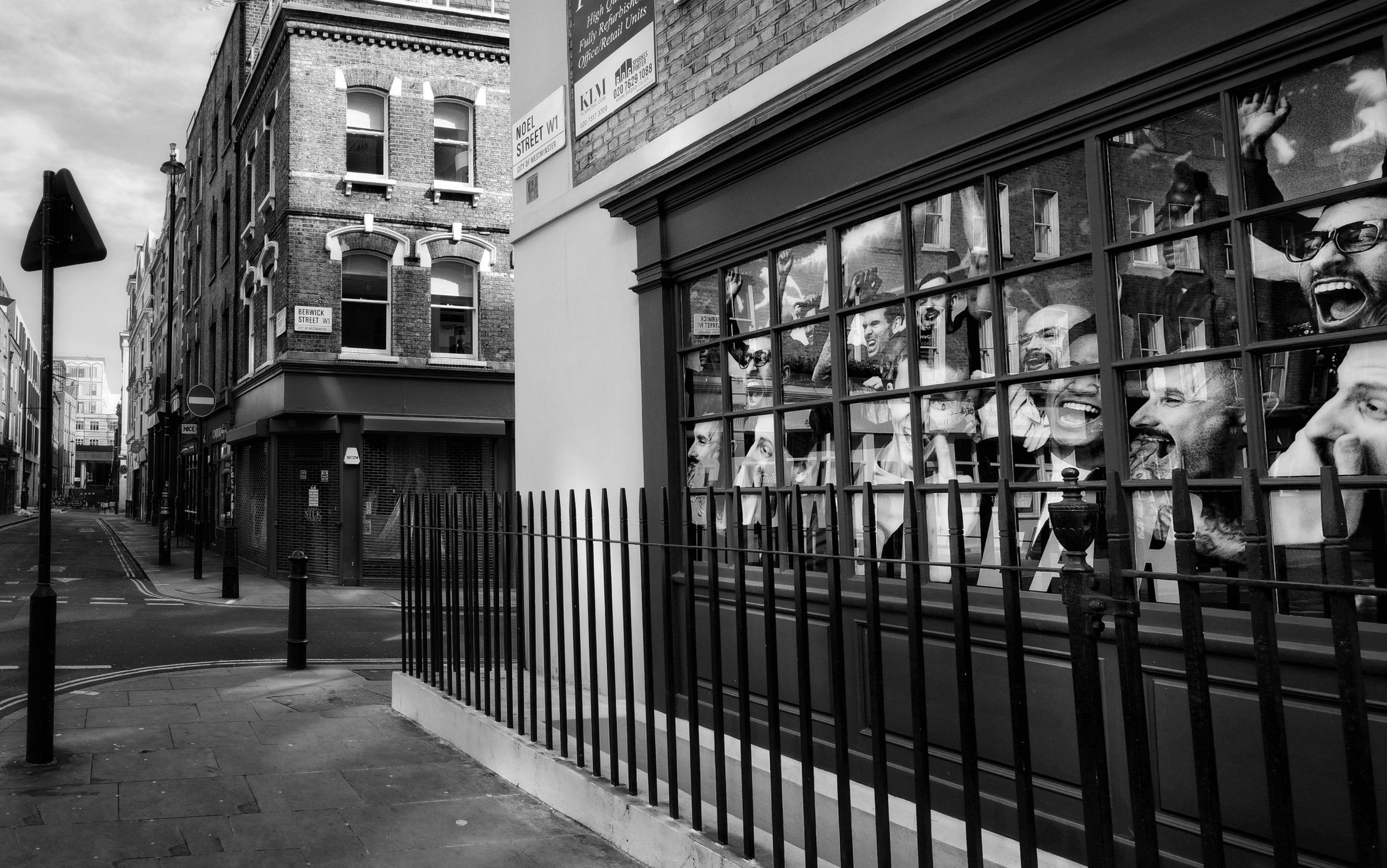
27/29
Empty and eerie Soho streets after stricter rules on social distancing announced
Angela Christofilou
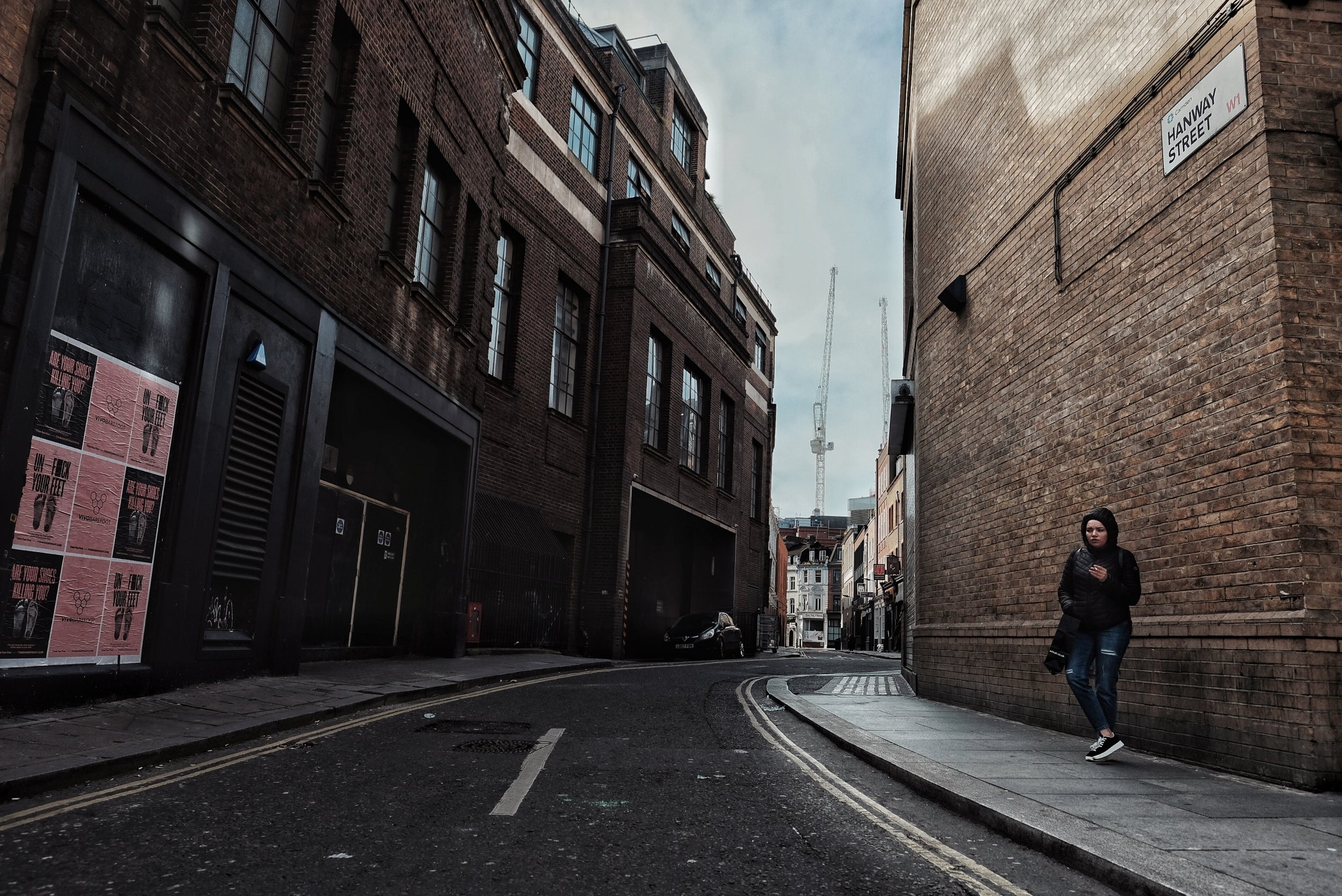
28/29
A woman pauses for a cigarette on Hanway Street, behind Tottenham Court Road
Angela Christofilou
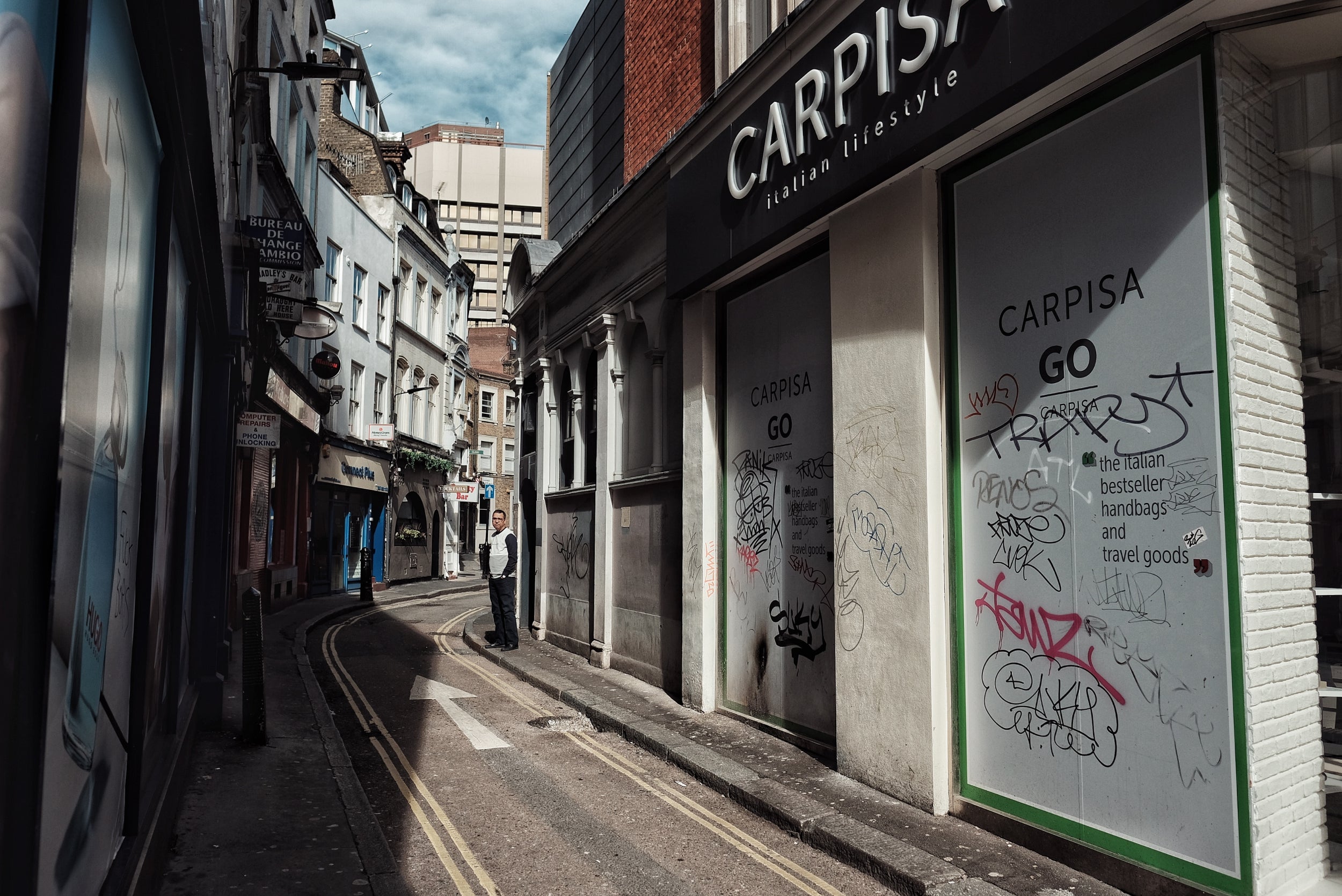
29/29
A man steps outside onto Hanway Street, that sits behind what is usually a bustling retail hub
Angela Christofilou

1/29
A man walks down a deserted Camden High Street
Photos Angela Christofilou

2/29
Goodge Street Station is one of the many stations closed to help reduce the spread
Angela Christofilou

3/29
An empty street in the heart of Chinatown
Angela Christofilou

4/29
People in masks in Chinatown a day after the lockdown
Angela Christofilou

5/29
A near-empty Piccadilly Circus during the first week of lockdown
Angela Christofilou

6/29
Sonja, my neighbour, who I photographed while taking a short walk. It was nice to briefly chat even from a distance
Angela Christofilou

7/29
A couple sit on the empty steps of the statue Eros in Piccadilly Circus
Angela Christofilou

8/29
Making sure I stay two-meters apart – D’Arblay Street, Soho
Angela Christofilou

9/29
A mannequin behind a shop window. UK stores have closed until further notice
Angela Christofilou

10/29
A notice displayed on a shop window in Camden
Angela Christofilou

11/29
As part of the lockdown, all non-essential shops have been ordered to close.Image from Camden High Street
Angela Christofilou

12/29
A skateboarder wearing a mask utilises his exercise allowance in the Camden area
Angela Christofilou

13/29
Communities have been coming together in a time of need
Angela Christofilou

14/29
A woman stands alone in a deserted Oxford Street. Up until a few weeks ago, on average, half a million people visited the street per day
Angela Christofilou

15/29
A couple walk hand in hand down a street in Soho, a day before the stricter lockdown was announced
Angela Christofilou

16/29
During the first week of March, shoppers focused on stockpiling necessities ahead of a countrywide lockdown
Angela Christofilou

17/29
Many supermarkers are operating a queuing system to make sure only a limited amount of customers are allowed in at anyone time
Angela Christofilou

18/29
‘Stay Safe’ – Curzon cinemas are temporarily closed under the new measures
Angela Christofilou

19/29
Pubs, restaurants and bars were ordered to shut as part of the lockdown
Angela Christofilou

20/29 Camden High Street
There are fears that coronavirus could lead to permanent closure of struggling shops
Angela Christofilou

21/29
Camden Town is eerily silent on a normal working day
Angela Christofilou

22/29
Shops and supermarkets ran out of hand sanitisers in the first week of the lockdown. As we approach the end of the second week most shops now have started to stock up
Angela Christofilou

23/29
Empty streets around Soho
Angela Christofilou

24/29
A noticeboard on Camden High Street urges the public to stay at home
Angela Christofilou

25/29
Camden High Street, one of London’s busiest tourist streets turns quiet
Angela Christofilou

26/29
Thriller Live confirmed its West End run ended in the wake of the coronavirus outbreak
Angela Christofilou

27/29
Empty and eerie Soho streets after stricter rules on social distancing announced
Angela Christofilou

28/29
A woman pauses for a cigarette on Hanway Street, behind Tottenham Court Road
Angela Christofilou

29/29
A man steps outside onto Hanway Street, that sits behind what is usually a bustling retail hub
Angela Christofilou
General Sir Nick Carter, chief of the defence staff, told the BBC he believed there was a “very clear” chain of command because the National Security Council, which includes senior cabinet ministers, is “wrapped around” the prime minister. The only area the government is declining to clarify is who controls the UK’s nuclear codes.
It’s important to note that similar situations aren’t that unusual: prime ministers do go on holiday, but, Haddon notes, they are usually at least contactable for the big calls.
“Every time when the prime minister goes on holiday someone else is usually sitting in No 10 doing the deputy work for them,” she says. “It’s always a thing in silly season who is going to be sitting and minding the shop for them.”
During the 1950s, Rab Butler deputised for Anthony Eden during his periods of ill health – though arguably this was a different era, when even parliamentary debates were not televised.
Hazell adds: “There are plenty of precedents for senior members of the government deputising in the PM’s absence; but none in quite such an emergency as the present crisis.”



